Tankless water heaters have become increasingly popular in recent years due to their energy efficiency and space-saving design. They provide hot water on demand, eliminating the need for a storage tank. There are two main types of tankless water heaters: point-of-use and whole house models. In this article, we will compare the two and discuss their advantages, disadvantages, installation considerations, and popular brands. We will also compare their energy efficiency, cost, and performance. Here are the key takeaways from this article:
Key Takeaways
- Tankless water heaters provide hot water on demand and eliminate the need for a storage tank.
- Point-of-use tankless water heaters are ideal for specific applications, such as a single sink or shower.
- Whole house tankless water heaters can supply hot water to multiple fixtures simultaneously.
- Installation considerations for point-of-use tankless water heaters include electrical requirements and space limitations.
- Popular brands of point-of-use tankless water heaters include Rheem, Ecosmart, and Stiebel Eltron.
What are Tankless Water Heaters?
How do Tankless Water Heaters work?
Tankless water heaters, also known as on-demand water heaters, provide hot water only when it is needed. They do not store hot water like traditional tank water heaters. When a hot water tap is turned on, cold water flows into the unit and is heated by a powerful electric or gas burner. The heated water then flows out of the unit and to the faucet or shower.
Tankless water heaters use advanced technology to heat water quickly and efficiently. They are designed to provide a continuous supply of hot water, eliminating the need for a storage tank. This makes them more energy-efficient and space-saving compared to traditional tank water heaters.
Key features of tankless water heaters:
- Instantaneous hot water
- Energy-efficient operation
- Compact size
- Long lifespan
Tankless water heaters are a popular choice for homeowners looking to save energy and reduce their carbon footprint. By heating water only when it is needed, they eliminate standby energy loss associated with traditional tank water heaters.
Advantages of Tankless Water Heaters
Tankless water heaters offer several advantages over traditional tank water heaters. First, they provide endless hot water on demand, eliminating the need to wait for a tank to heat up. This is especially beneficial for households with high hot water usage or large families. Second, tankless water heaters are space-saving as they are compact and can be installed in various locations, such as under sinks or in closets. This frees up valuable space in the home. Third, tankless water heaters are energy-efficient , as they only heat water when it is needed, reducing energy consumption and utility bills.
In addition to these advantages, tankless water heaters also have a longer lifespan compared to tank water heaters. They are built to last for 20 years or more, while tank water heaters typically last around 10-15 years. This means that homeowners can enjoy the benefits of a tankless water heater for a longer period of time.
To summarize the advantages of tankless water heaters:
- Endless hot water
- Space-saving
- Energy-efficient
- Longer lifespan
Tip: When considering a tankless water heater, it is important to determine the appropriate size for your household's hot water needs. Consulting with a professional plumber can help ensure you choose the right size and model for optimal performance and efficiency.
Disadvantages of Tankless Water Heaters
While tankless water heaters offer numerous benefits, there are also some disadvantages to consider. One major drawback is the higher upfront cost compared to traditional tank water heaters. Tankless water heaters require a larger initial investment due to their advanced technology and installation requirements.
Another disadvantage is the limited flow rate. Tankless water heaters may struggle to provide hot water simultaneously to multiple fixtures, especially in larger households. This can result in reduced water pressure and a less satisfying shower experience.
Additionally, tankless water heaters may require more frequent maintenance compared to traditional tank water heaters. The complex components and high heat levels can lead to mineral buildup and potential issues with the unit over time.
It's important to weigh these disadvantages against the benefits when considering a tankless water heater for your home.
Point-of-use Tankless Water Heaters
Benefits of Point-of-use Tankless Water Heaters
Point-of-use tankless water heaters offer several benefits for homeowners. Energy efficiency is one of the key advantages of these units. Unlike traditional water heaters that constantly heat and store water, point-of-use tankless water heaters only heat water as it is needed. This results in significant energy savings and lower utility bills.
Another benefit is space-saving . Point-of-use tankless water heaters are compact and can be installed directly at the point of use, such as under the sink or near the shower. This eliminates the need for a large storage tank, freeing up valuable space in the home.
Additionally, point-of-use tankless water heaters provide instant hot water . With these units, there is no waiting for the water to heat up as it flows directly from the heater. This is especially convenient for areas of the home that require hot water on demand, such as the kitchen or bathroom.
In summary, the benefits of point-of-use tankless water heaters include energy efficiency, space-saving, and instant hot water.
Installation Considerations for Point-of-use Tankless Water Heaters
When considering the installation of point-of-use tankless water heaters , there are a few important factors to keep in mind.
Firstly, it is crucial to determine the flow rate required for the specific application. This will ensure that the unit can provide an adequate amount of hot water at the desired temperature.
Additionally, the electrical requirements should be considered. Point-of-use tankless water heaters typically require a dedicated electrical circuit, so it is important to ensure that the existing electrical system can accommodate the unit.
Another important consideration is the location of the unit. Point-of-use tankless water heaters are typically installed close to the point of use, such as under a sink or near a shower. It is important to choose a location that is easily accessible for maintenance and repairs.
Lastly, it is important to consider the size of the unit. Point-of-use tankless water heaters come in a variety of sizes, so it is important to choose a unit that can meet the hot water demands of the specific application.
Popular Brands of Point-of-use Tankless Water Heaters
When it comes to popular brands of point-of-use tankless water heaters , there are several options to choose from. Here are some of the top brands in the market:
-
Rheem - Known for its high-quality and reliable products, Rheem offers a range of point-of-use tankless water heaters that are energy-efficient and compact.
-
Ecosmart - Ecosmart is another well-known brand that specializes in eco-friendly tankless water heaters. Their models are designed to provide instant hot water while saving energy.
-
Bosch - Bosch is a trusted brand that offers a variety of point-of-use tankless water heaters. Their models are known for their durability and performance.
-
Stiebel Eltron - Stiebel Eltron is a German brand that is renowned for its innovative and efficient tankless water heaters. They offer a range of models suitable for different household needs.
When choosing a point-of-use tankless water heater, it's important to consider factors such as the size of your household, desired flow rate, and energy efficiency requirements.
Whole House Tankless Water Heaters
Advantages of Whole House Tankless Water Heaters
Whole house tankless water heaters offer several advantages over other types of water heaters. Energy efficiency is one of the key benefits of these systems. Unlike traditional tank water heaters that constantly heat and store water, tankless water heaters only heat water when it is needed. This results in significant energy savings and lower utility bills.
Another advantage is the endless hot water supply provided by whole house tankless water heaters. With a tankless system, you don't have to worry about running out of hot water, even if multiple faucets or appliances are being used simultaneously.
In addition, whole house tankless water heaters take up much less space compared to traditional tank water heaters. They can be mounted on the wall, freeing up valuable floor space in your home.
Here are some key advantages of whole house tankless water heaters:
- Energy efficiency: Only heats water when needed, resulting in energy savings
- Endless hot water supply: No more running out of hot water
- Space-saving design: Takes up less space compared to tank water heaters
Tip: When choosing a whole house tankless water heater, consider factors such as the flow rate, temperature rise, and the number of fixtures it can support.
Factors to Consider when Choosing a Whole House Tankless Water Heater
When choosing a whole house tankless water heater , there are several important factors to consider. These factors will help you make an informed decision and ensure that you choose the right unit for your home.
1. Flow Rate: One of the key factors to consider is the flow rate of the water heater. The flow rate determines how much hot water the unit can provide at a given time. It is important to choose a unit with a flow rate that meets the demands of your household.
2. Size and Capacity: The size and capacity of the water heater are also important considerations. You need to choose a unit that is large enough to meet the hot water needs of your entire house. Consider factors such as the number of bathrooms, appliances, and fixtures that will be using hot water simultaneously.
3. Energy Efficiency: Energy efficiency is another crucial factor to consider. Look for a water heater that is Energy Star certified and has a high energy efficiency rating. This will not only help you save on energy costs but also reduce your carbon footprint.
4. Installation Requirements: Consider the installation requirements of the whole house tankless water heater. Some units may require additional venting or electrical upgrades, which can add to the overall cost of installation.
5. Warranty and Support: Finally, consider the warranty and support offered by the manufacturer. A reliable warranty and good customer support can give you peace of mind knowing that you are covered in case of any issues with the unit.
Taking these factors into account will help you choose the right whole house tankless water heater for your home.
Installation Requirements for Whole House Tankless Water Heaters
When installing a whole house tankless water heater , there are several important requirements to consider:
-
Gas Supply : Ensure that the gas supply to the unit is sufficient to meet the heating demands of the entire house. A professional plumber or gas technician can help determine the appropriate gas line size.
-
Ventilation : Proper ventilation is crucial for the safe operation of a tankless water heater. The unit should be installed in a well-ventilated area to prevent the buildup of harmful gases.
-
Water Supply : The water supply to the unit should be adequate to meet the household's hot water needs. It is important to check the flow rate and pressure requirements specified by the manufacturer.
Tip: It is recommended to consult with a qualified plumber or HVAC professional for the installation of a whole house tankless water heater. They can ensure that all the necessary requirements are met and provide guidance on the best location for the unit.
Comparing Point-of-use and Whole House Tankless Water Heaters
Energy Efficiency Comparison
When comparing the energy efficiency of point-of-use and whole house tankless water heaters, there are a few key factors to consider. First, it's important to note that both types of tankless water heaters are generally more energy efficient than traditional tank water heaters. However, point-of-use tankless water heaters have the advantage of being located closer to the point of use, which can result in even greater energy savings.
One of the main reasons for the increased energy efficiency of tankless water heaters is that they only heat water as it is needed, rather than continuously heating and storing a large amount of water like traditional tank water heaters. This on-demand heating reduces energy waste and can lead to significant cost savings over time.
In addition to the on-demand heating feature, some tankless water heaters also incorporate advanced technologies such as modulating burners and condensing technology. These features further enhance energy efficiency by adjusting the heating output based on the demand and recovering heat from the exhaust gases.
To illustrate the energy efficiency of tankless water heaters, here is a comparison table:
| Type of Tankless Water Heater | Energy Efficiency Rating |
|---|---|
| Point-of-use | High |
| Whole House | Very High |
It's important to note that the energy efficiency rating may vary depending on the specific model and brand of tankless water heater. Therefore, it's recommended to check the product specifications and Energy Star ratings when selecting a tankless water heater.
In conclusion, both point-of-use and whole house tankless water heaters offer significant energy savings compared to traditional tank water heaters. However, whole house tankless water heaters generally have a higher energy efficiency rating due to their ability to provide hot water to multiple outlets simultaneously. Consider your specific needs and usage patterns when choosing between the two types of tankless water heaters.
Cost Comparison
When comparing the cost of point-of-use and whole house tankless water heaters, there are several factors to consider. Initial cost is one of the main differences between the two options. Point-of-use tankless water heaters are generally less expensive to purchase and install compared to whole house models. However, it's important to note that the cost will vary depending on the brand, size, and features of the unit.
Another cost consideration is operating cost . Point-of-use tankless water heaters are designed to provide hot water only to a specific location, which can result in energy savings. On the other hand, whole house tankless water heaters are responsible for providing hot water to the entire house, which may lead to higher energy consumption and operating costs.
It's also worth mentioning the long-term cost . While point-of-use tankless water heaters may have lower upfront costs, if multiple units are needed to supply hot water to different areas of the house, the overall cost can add up. Whole house tankless water heaters, although more expensive initially, may be a more cost-effective option in the long run.
In summary, the cost comparison between point-of-use and whole house tankless water heaters involves considering the initial cost, operating cost, and long-term cost. It's important to evaluate your specific needs and budget to determine which option is the most suitable for your situation.
Performance Comparison
When comparing the performance of point-of-use and whole house tankless water heaters, there are several factors to consider.
-
Flow Rate : Point-of-use tankless water heaters typically have a lower flow rate compared to whole house models. This means that they may not be able to supply hot water to multiple fixtures simultaneously.
-
Temperature Rise : Whole house tankless water heaters are designed to provide hot water to the entire house, so they need to be able to achieve a higher temperature rise. Point-of-use models, on the other hand, only need to provide hot water to a single fixture, so they may have a lower temperature rise.
-
Response Time : Point-of-use tankless water heaters can provide hot water almost instantly since they are located close to the fixture. Whole house models may have a slightly longer response time due to the distance between the heater and the fixture.
-
Maintenance : Both point-of-use and whole house tankless water heaters require regular maintenance to ensure optimal performance. This includes descaling the heat exchanger and checking for any leaks or malfunctions.
In summary, point-of-use tankless water heaters are ideal for single fixtures or small applications where hot water demand is low. Whole house tankless water heaters are better suited for larger households or applications where hot water demand is high.
Conclusion
In conclusion, tankless water heaters offer numerous benefits such as energy efficiency, space-saving design, and endless hot water supply. However, they also have some drawbacks, including higher upfront costs and potential limitations in meeting high demand. Point-of-use tankless water heaters are ideal for specific applications, providing hot water directly at the source. On the other hand, whole house tankless water heaters are suitable for larger households and offer the convenience of hot water throughout the entire home. When comparing the two, it is important to consider factors such as energy efficiency, cost, and performance. Ultimately, the choice between point-of-use and whole house tankless water heaters depends on individual needs and preferences.
Frequently Asked Questions
Are tankless water heaters more energy efficient than traditional water heaters?
Yes, tankless water heaters are more energy efficient than traditional water heaters. They only heat water when it is needed, unlike traditional water heaters that constantly heat and store water.
Can tankless water heaters provide hot water to multiple fixtures at the same time?
Yes, tankless water heaters can provide hot water to multiple fixtures at the same time, depending on their flow rate and capacity. However, if the demand exceeds the capacity of the tankless water heater, the water temperature may decrease.
Do tankless water heaters require regular maintenance?
Yes, tankless water heaters require regular maintenance to ensure optimal performance. This includes flushing the system to remove mineral deposits and checking for any leaks or malfunctions.
What is the lifespan of a tankless water heater?
The lifespan of a tankless water heater is typically around 20 years, which is longer than traditional water heaters. However, the lifespan can vary depending on the quality of the unit and how well it is maintained.
Are tankless water heaters more expensive to install than traditional water heaters?
Yes, tankless water heaters are generally more expensive to install than traditional water heaters. However, they can save money in the long run due to their energy efficiency and longer lifespan.
Can tankless water heaters be installed in any home?
Tankless water heaters can be installed in most homes, but there are some considerations to take into account. The electrical or gas supply must be sufficient to meet the demands of the tankless water heater, and the plumbing system may need to be modified to accommodate the unit.



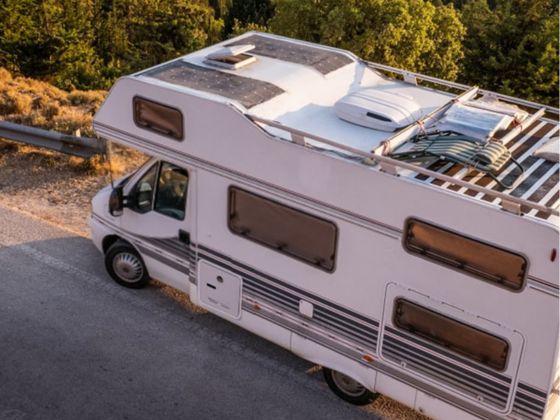
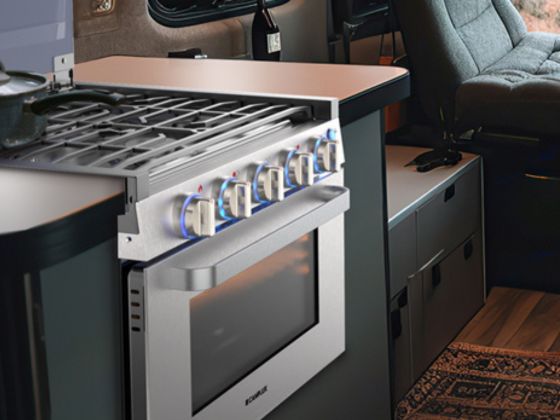
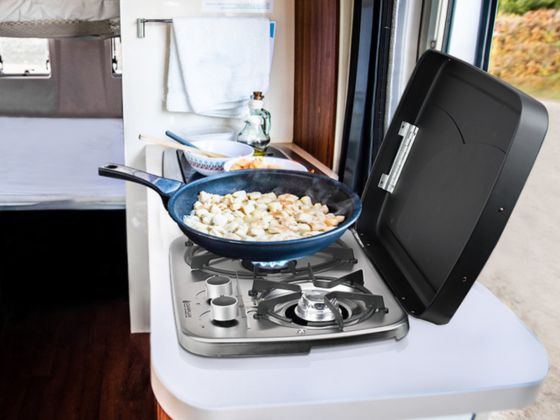
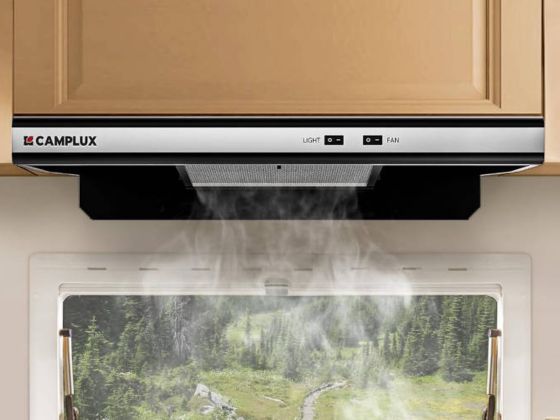
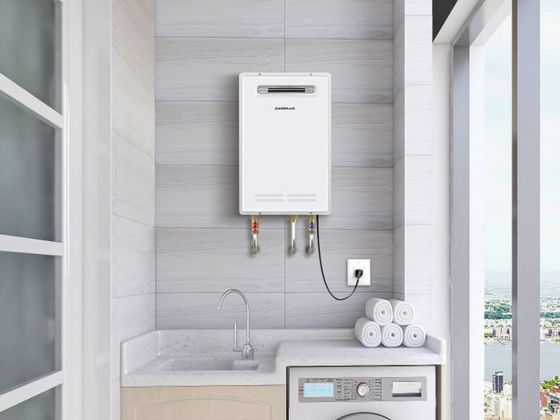
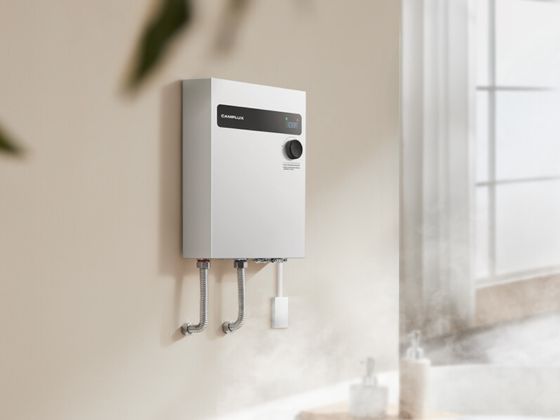
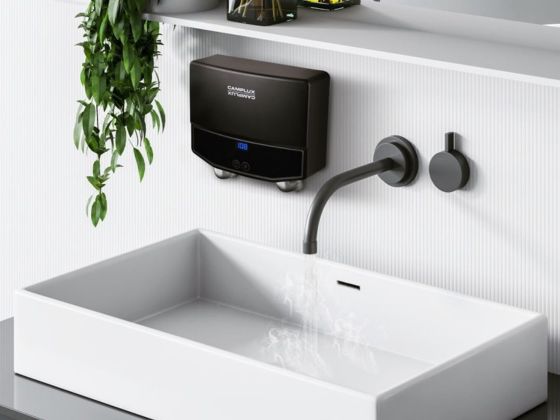


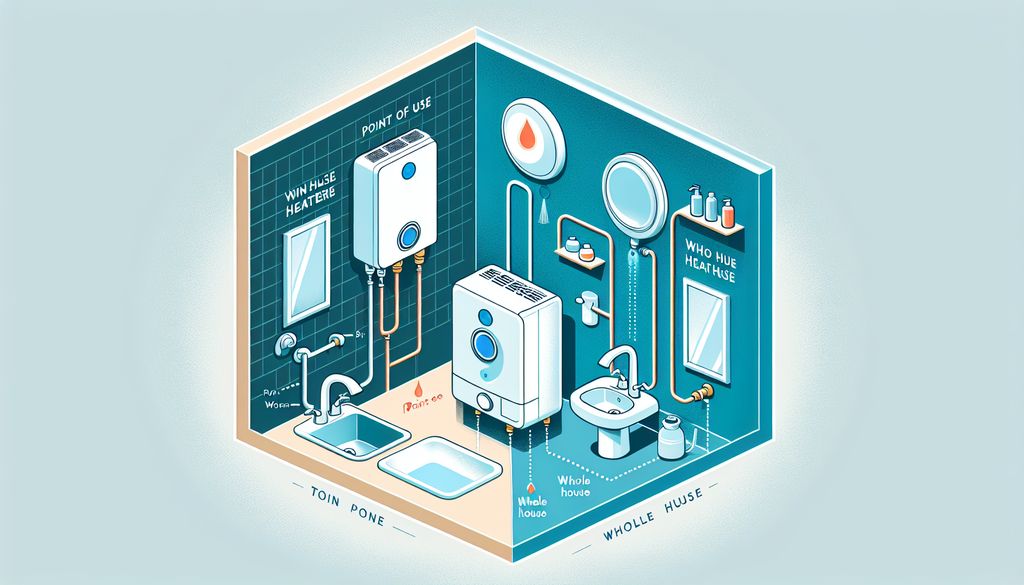

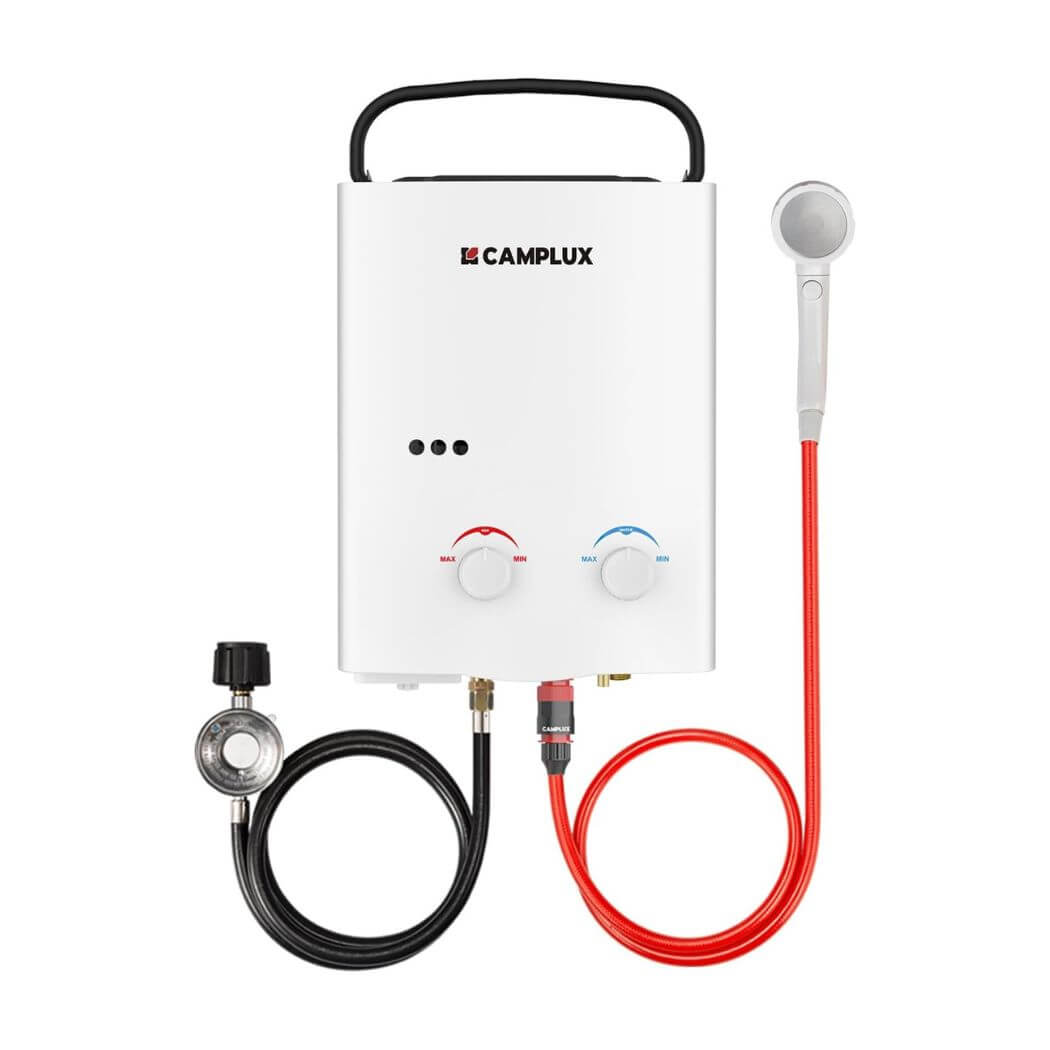
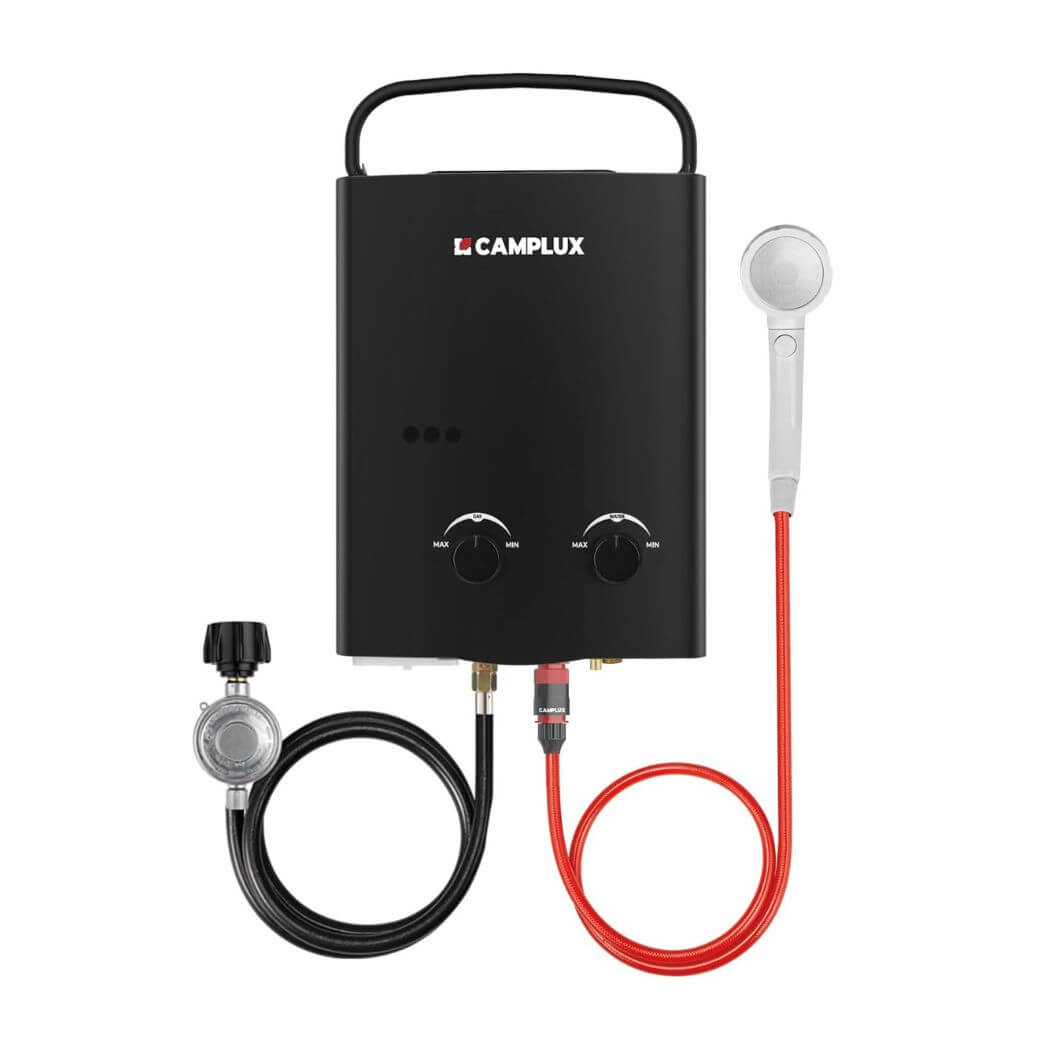
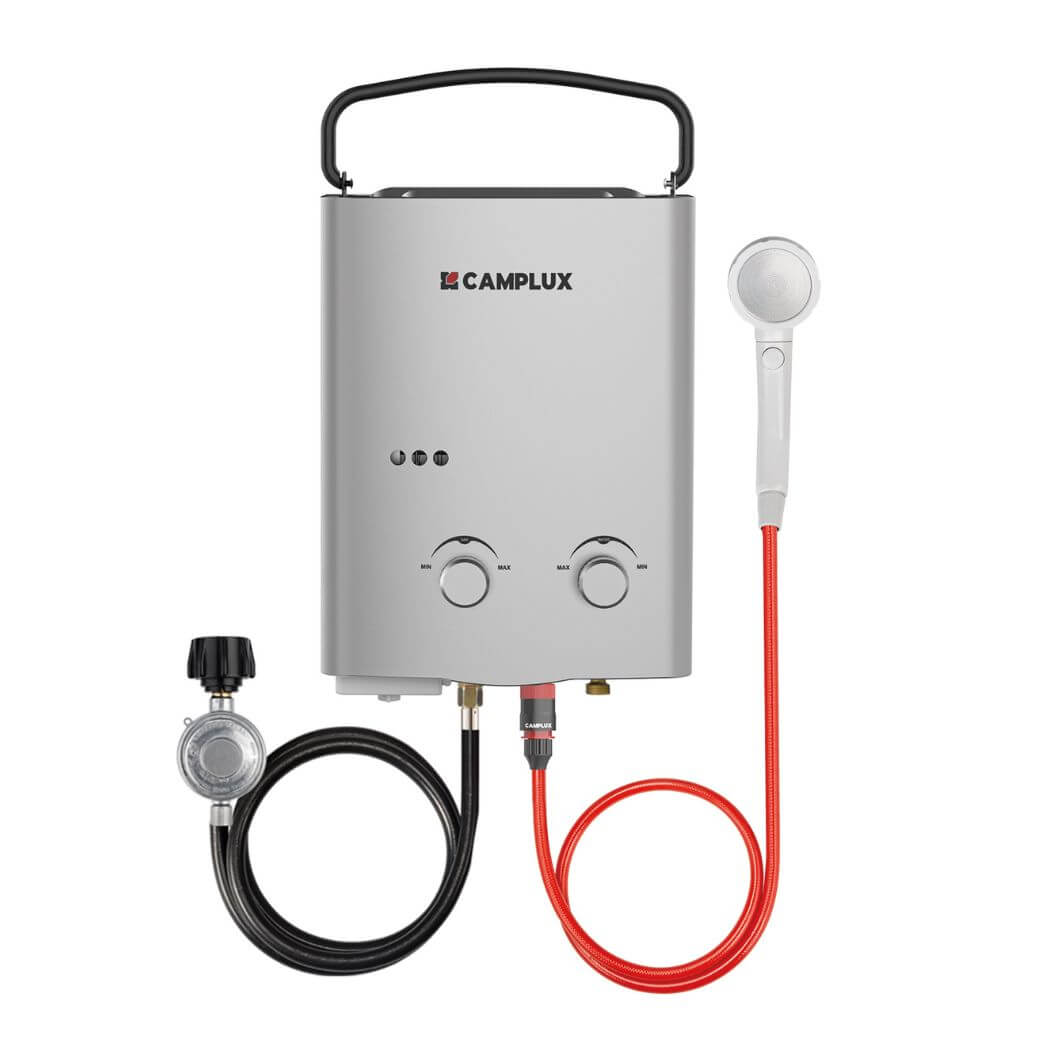
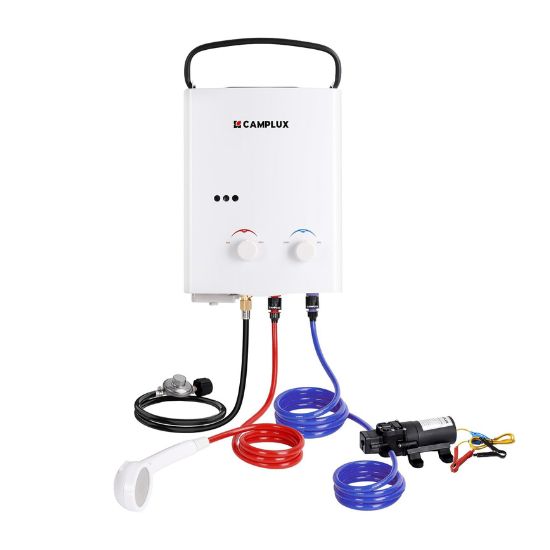
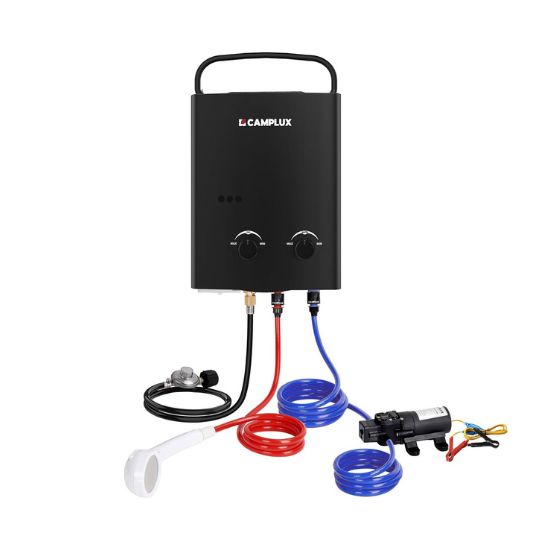
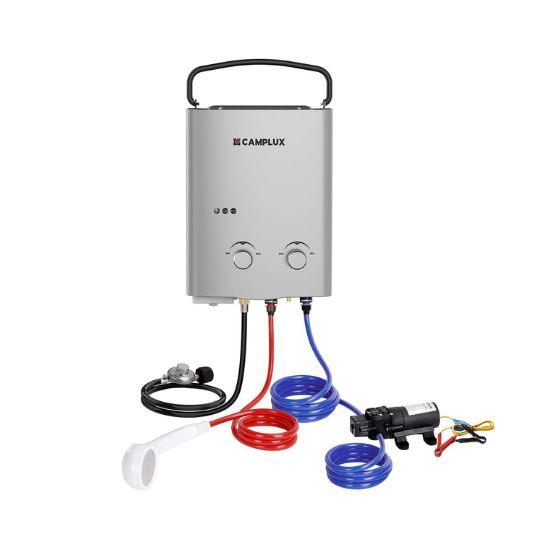
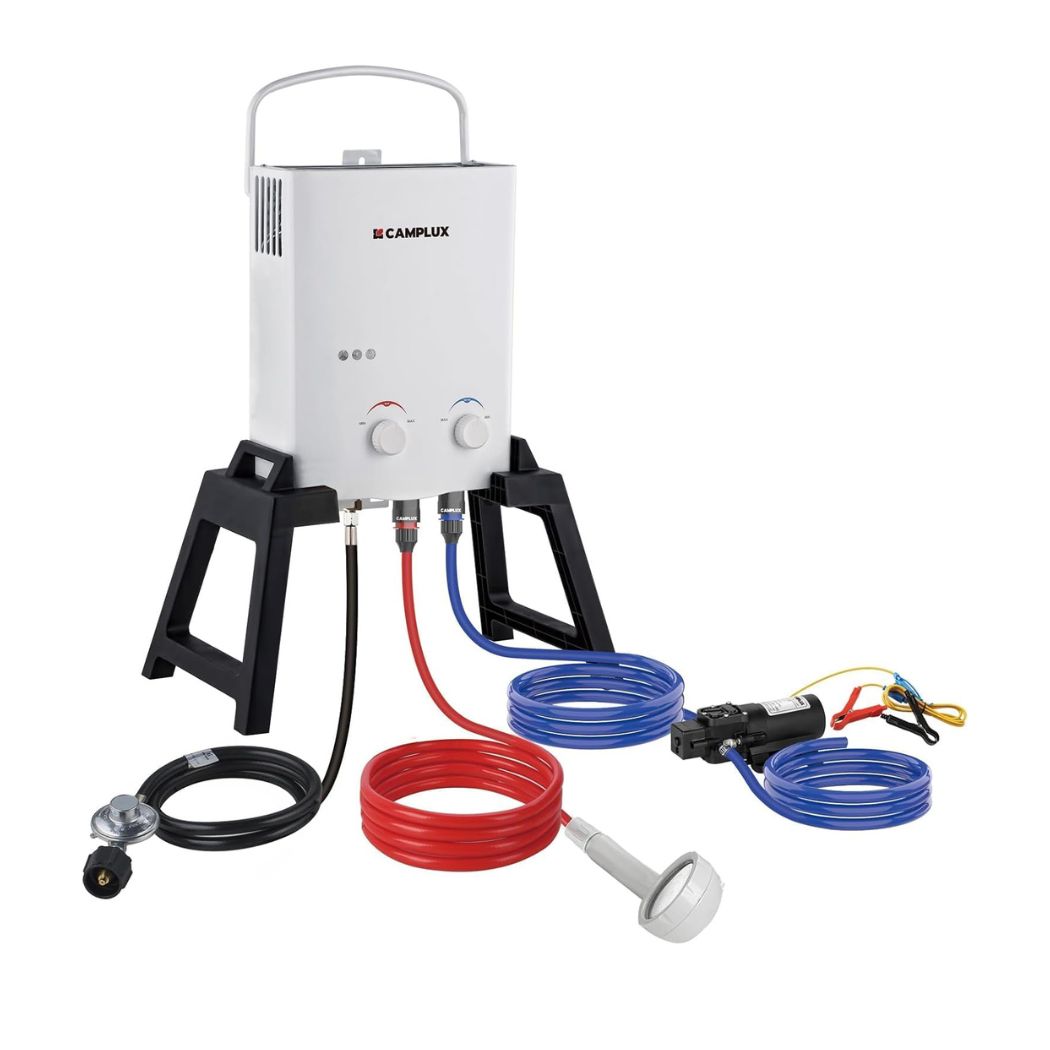
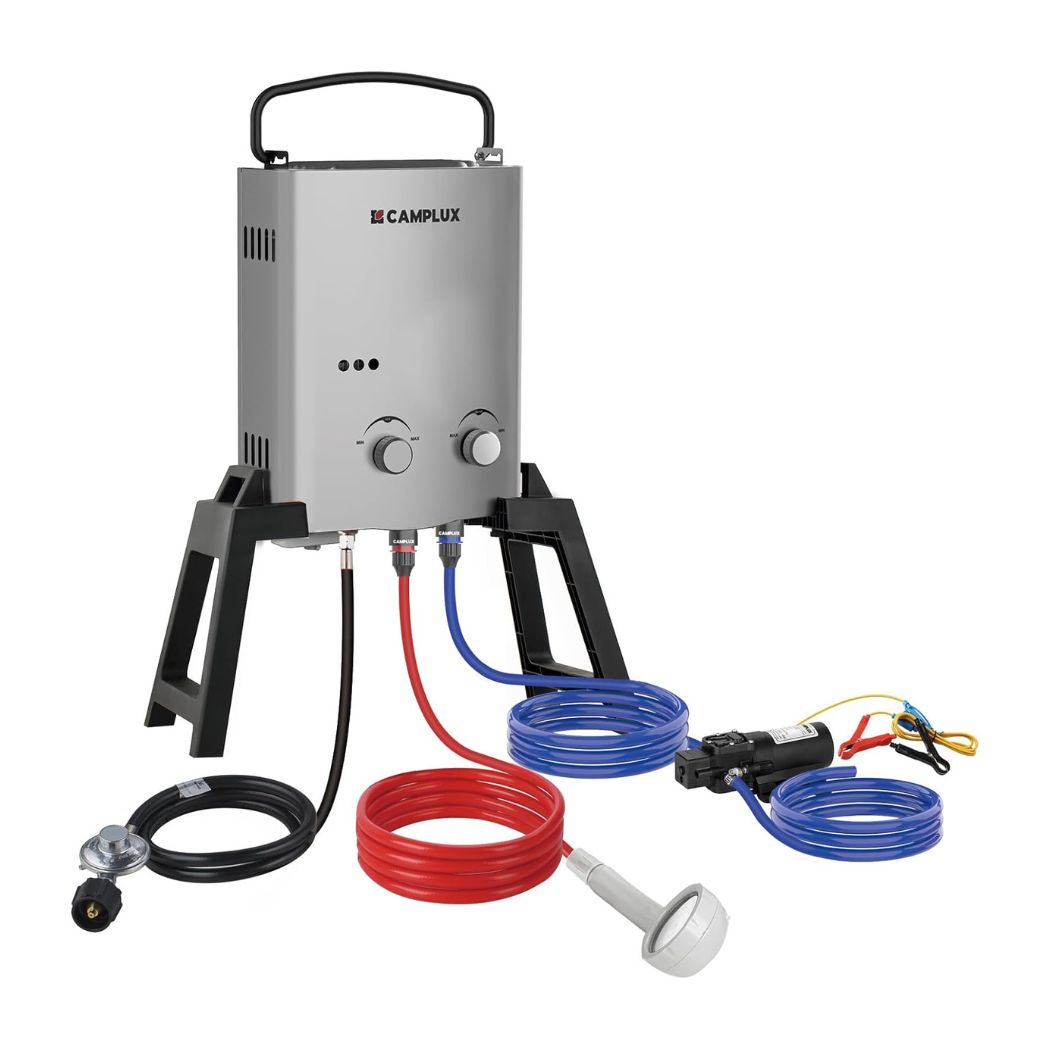
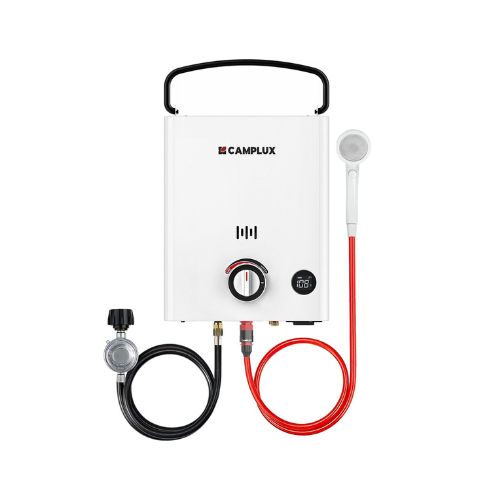
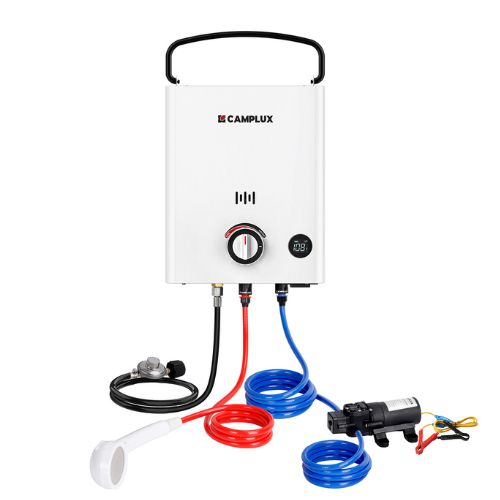
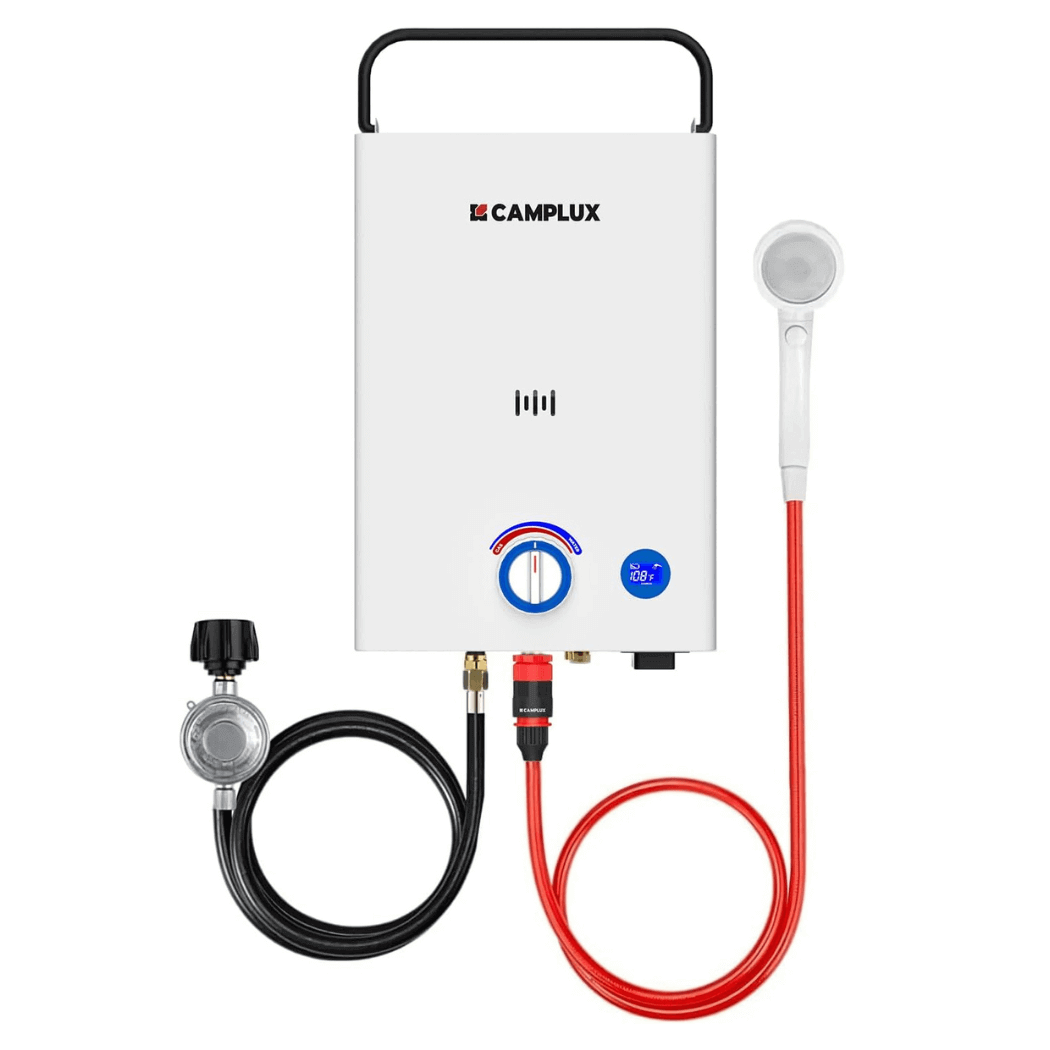
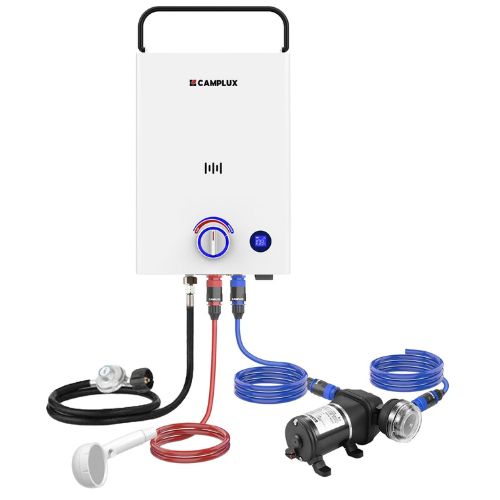
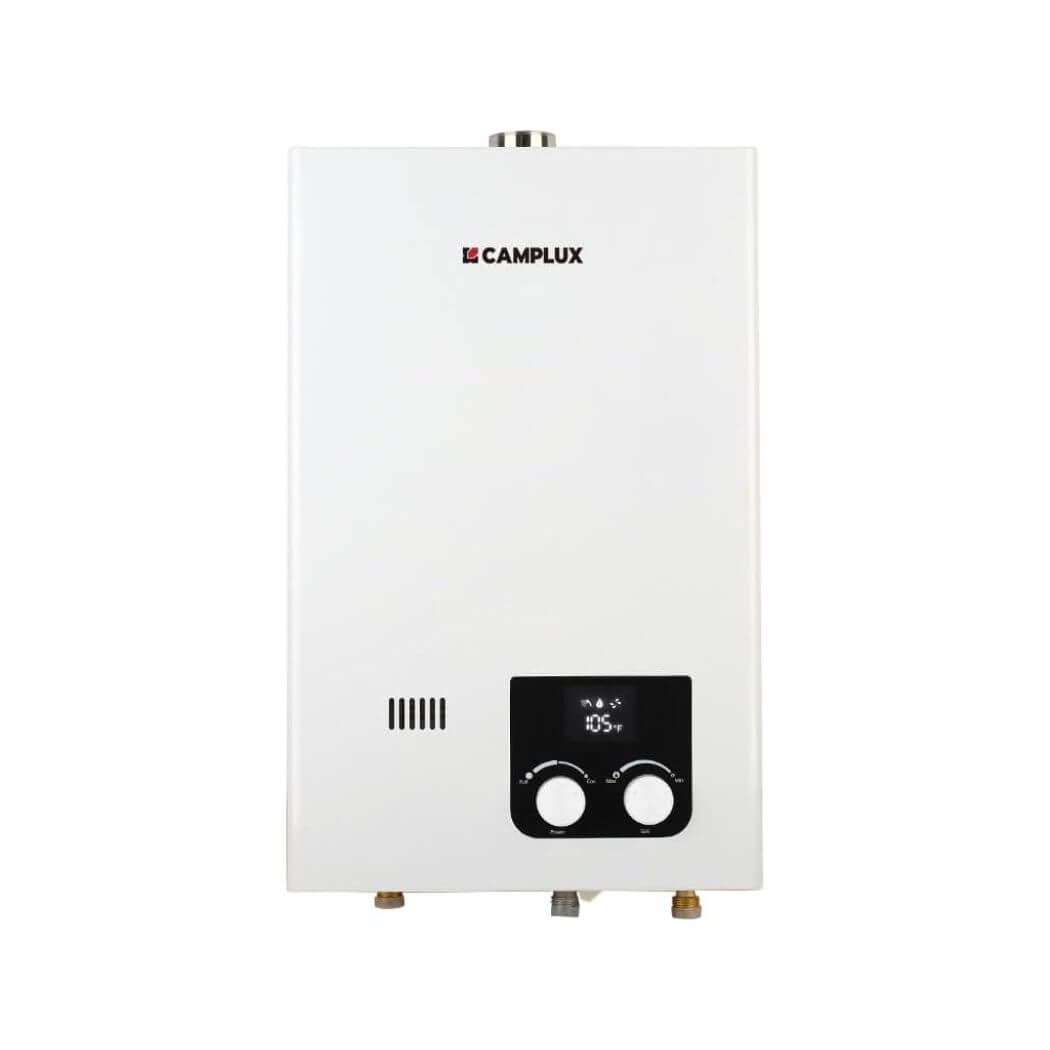
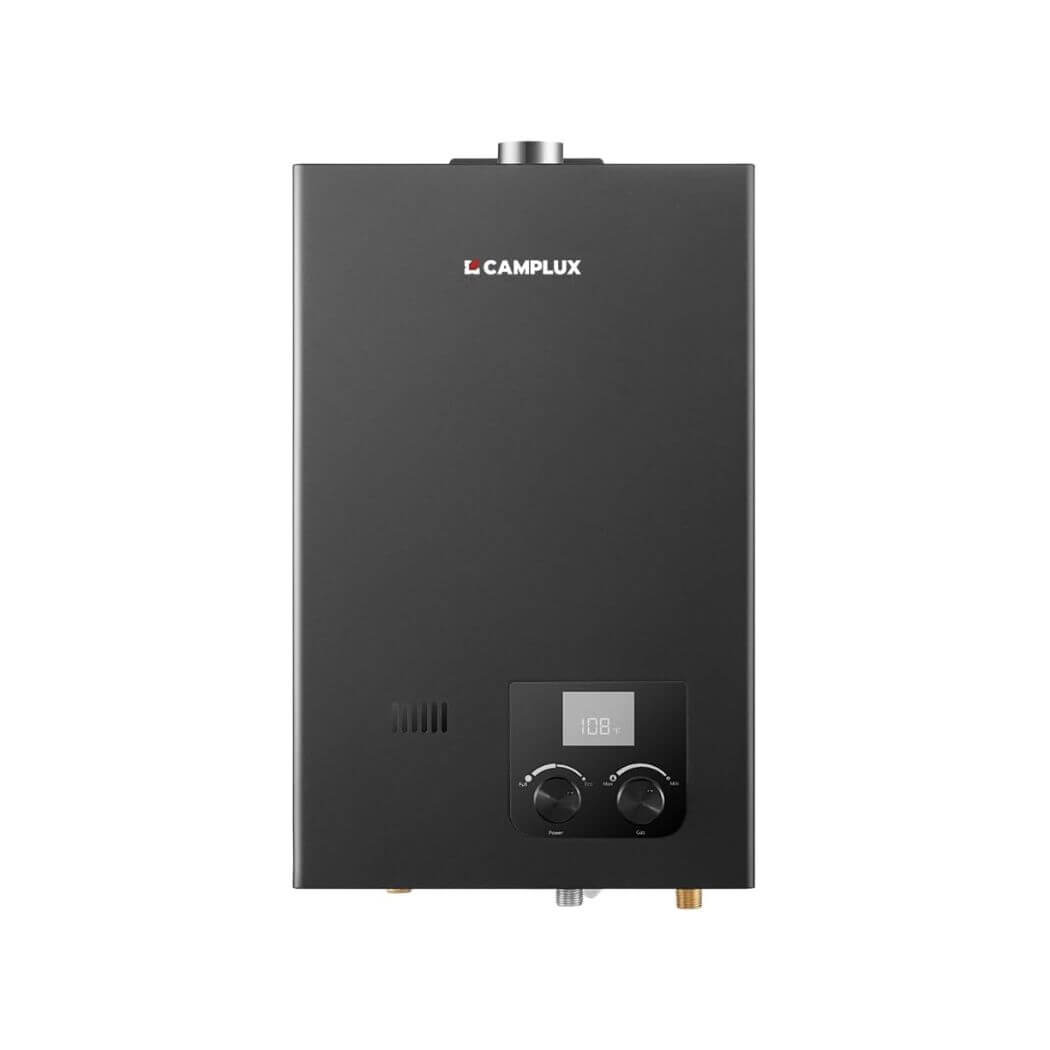
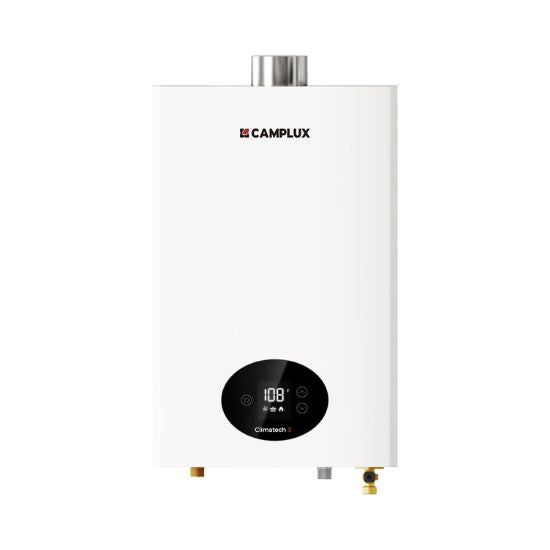
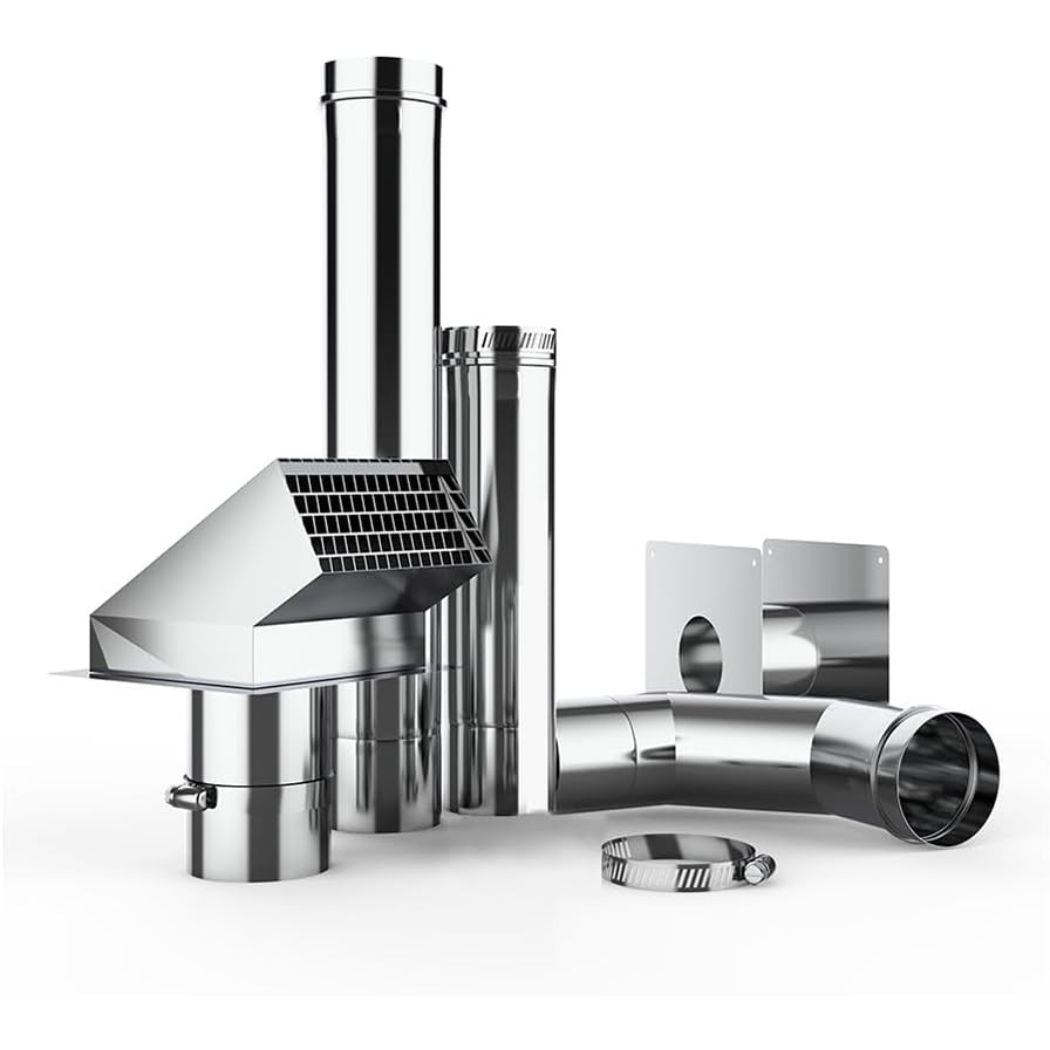
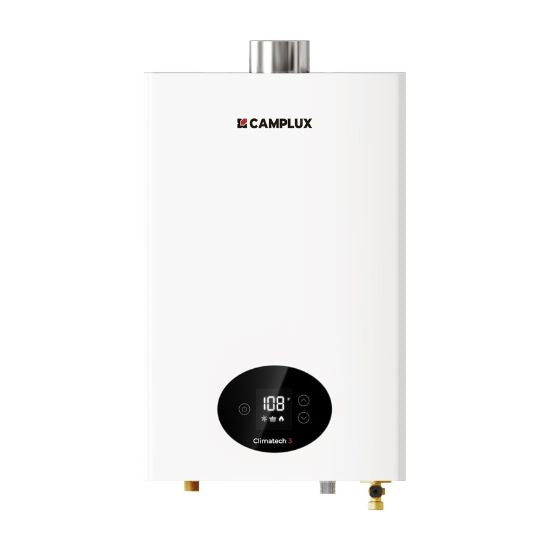
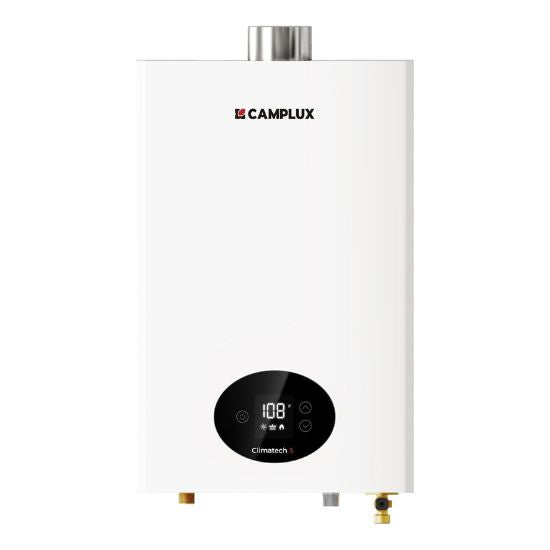
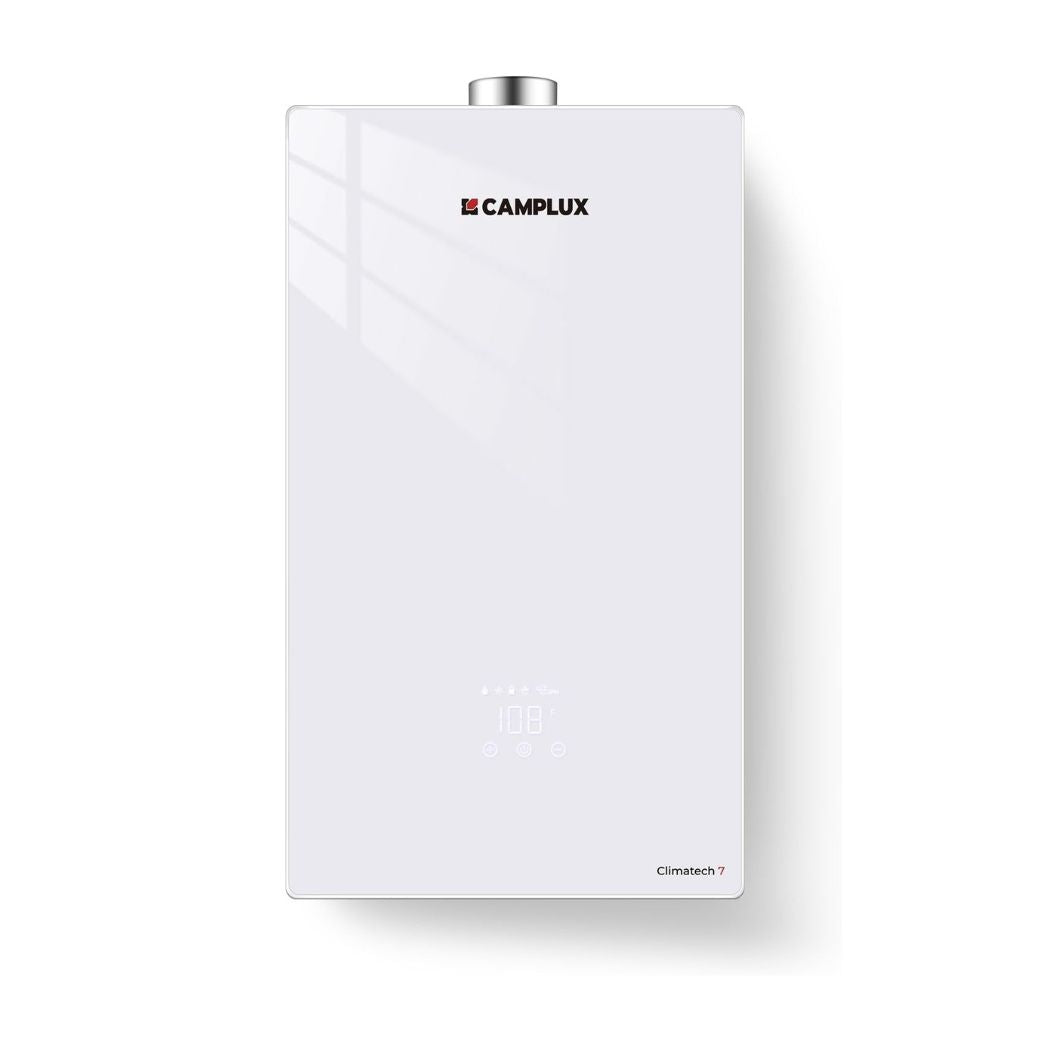
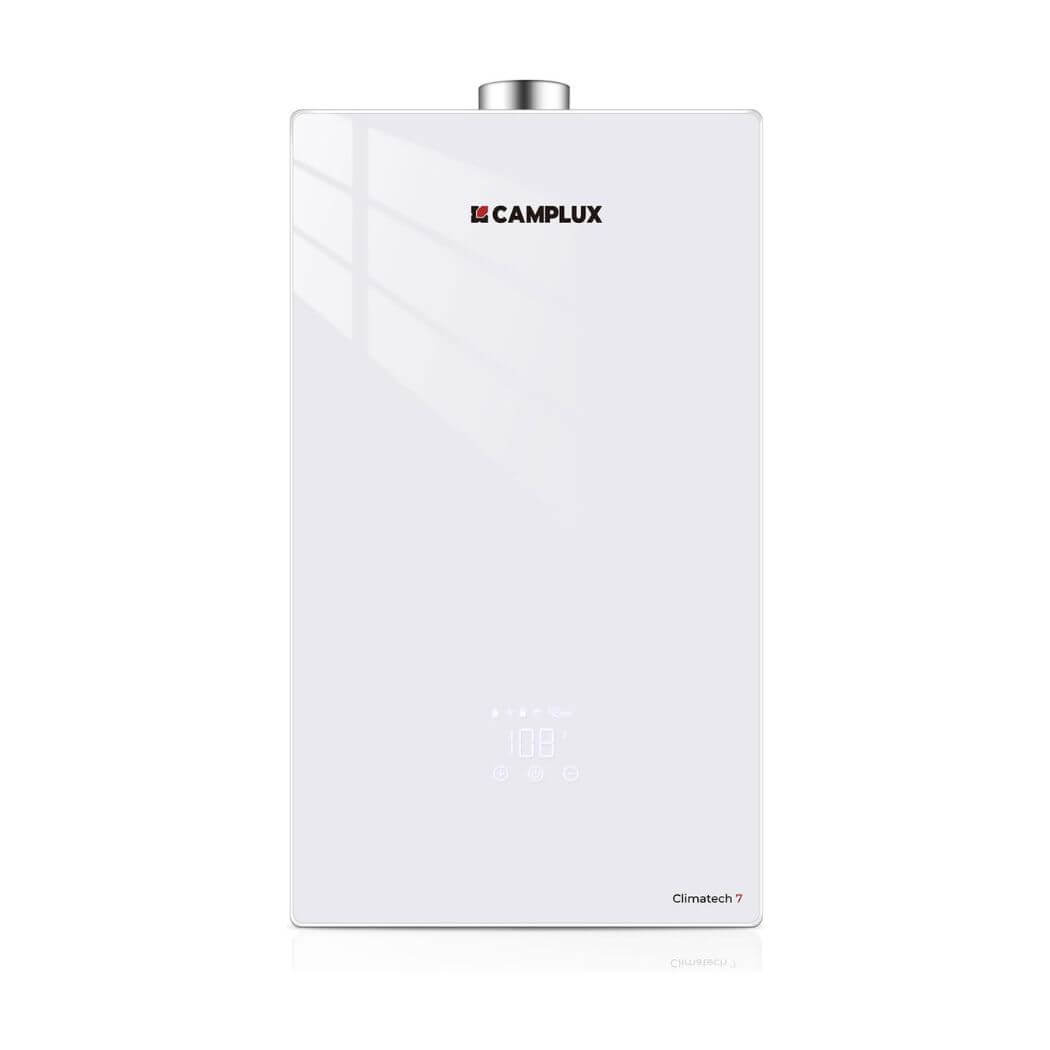
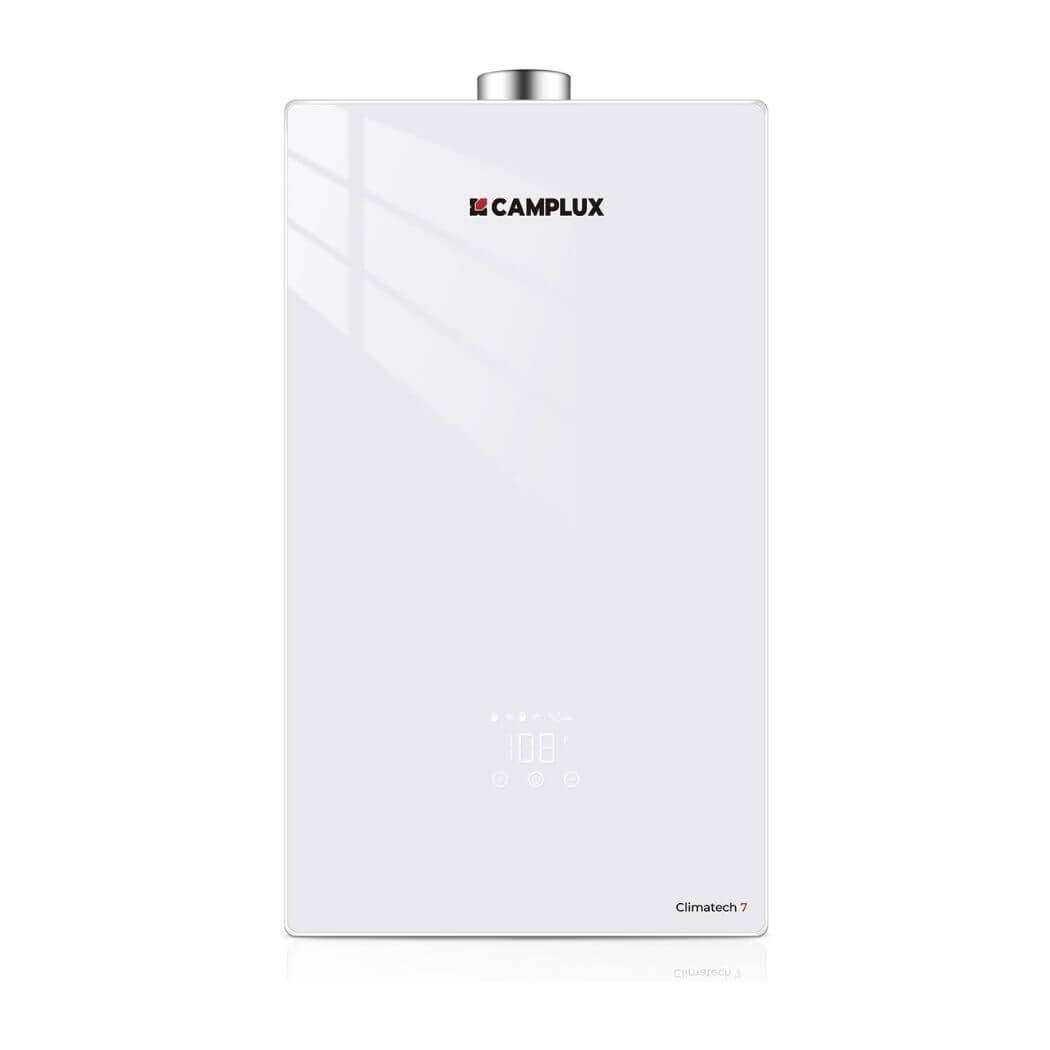
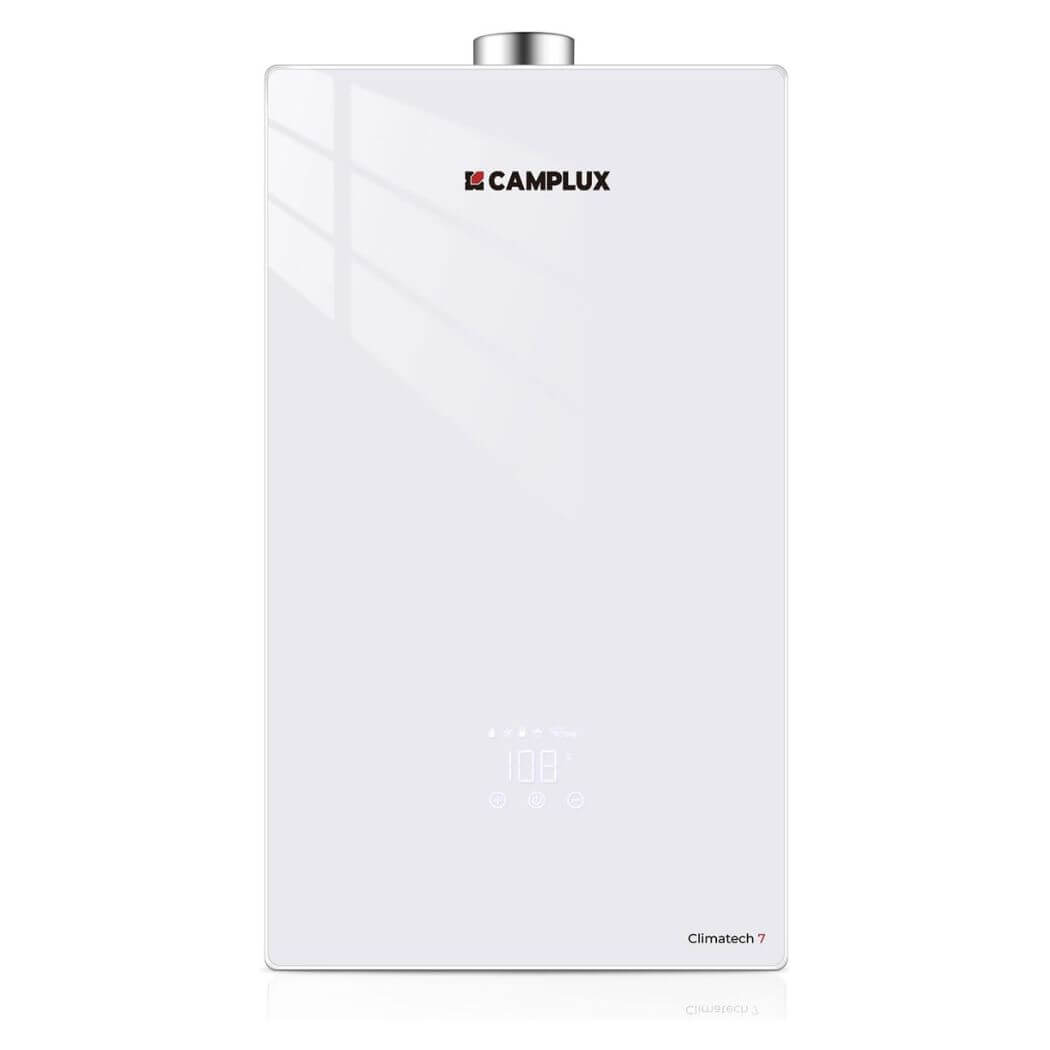
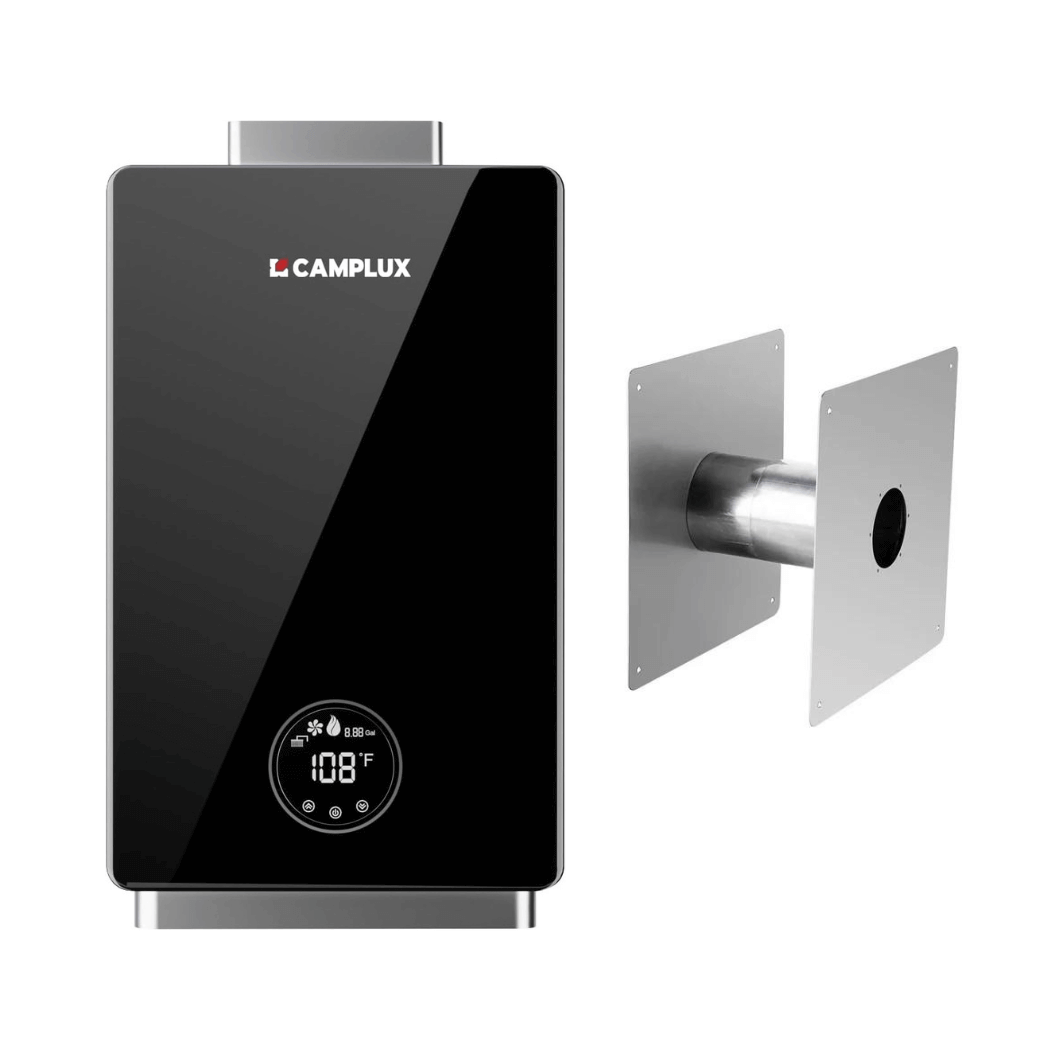
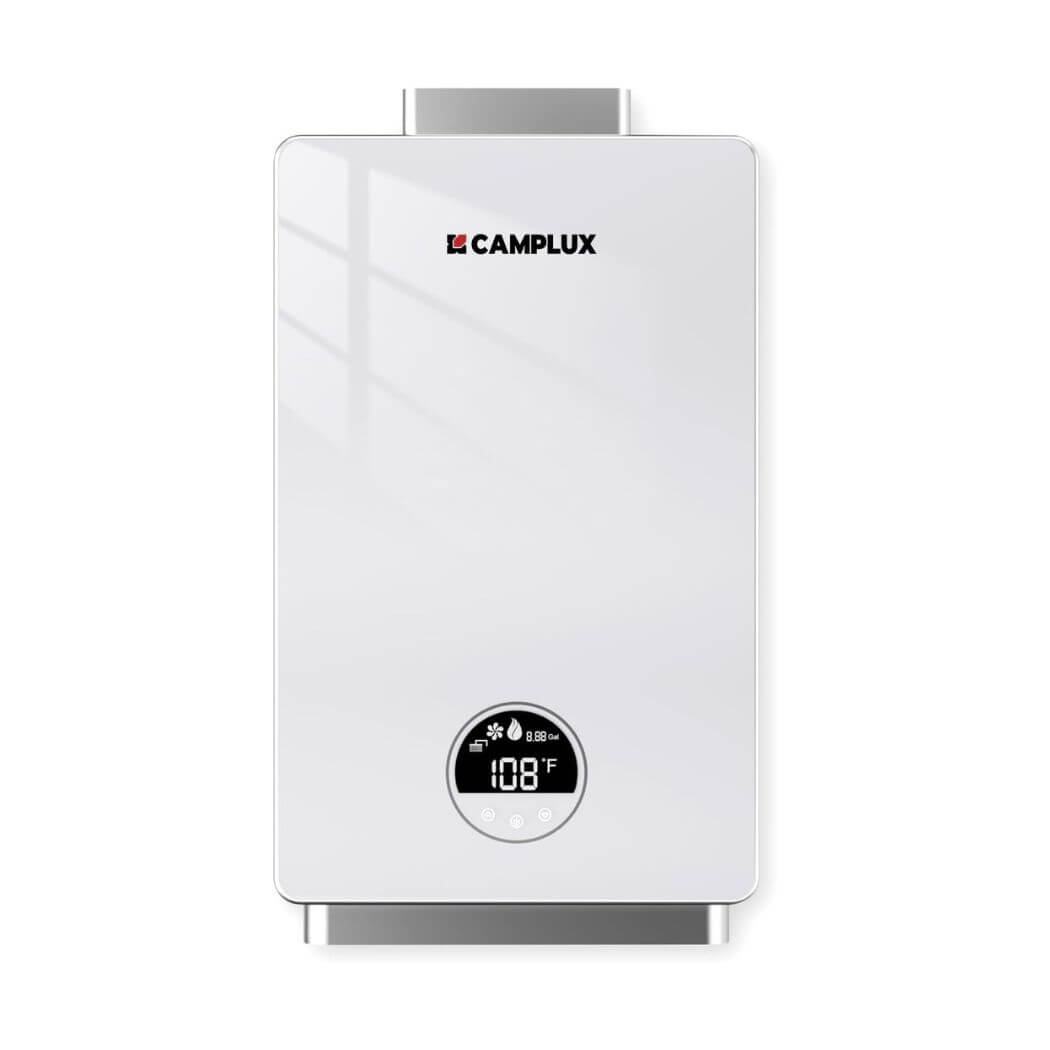
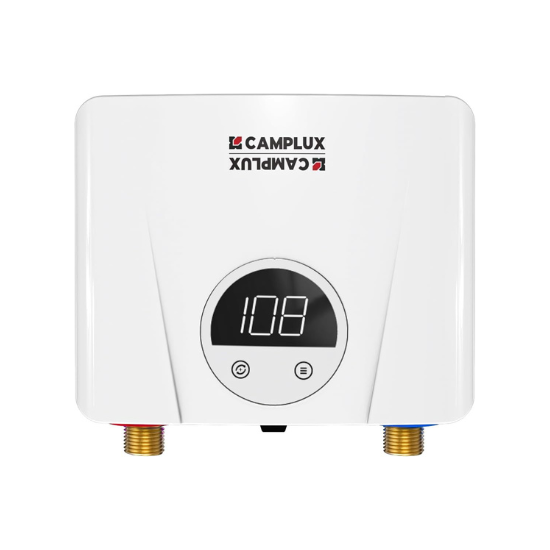
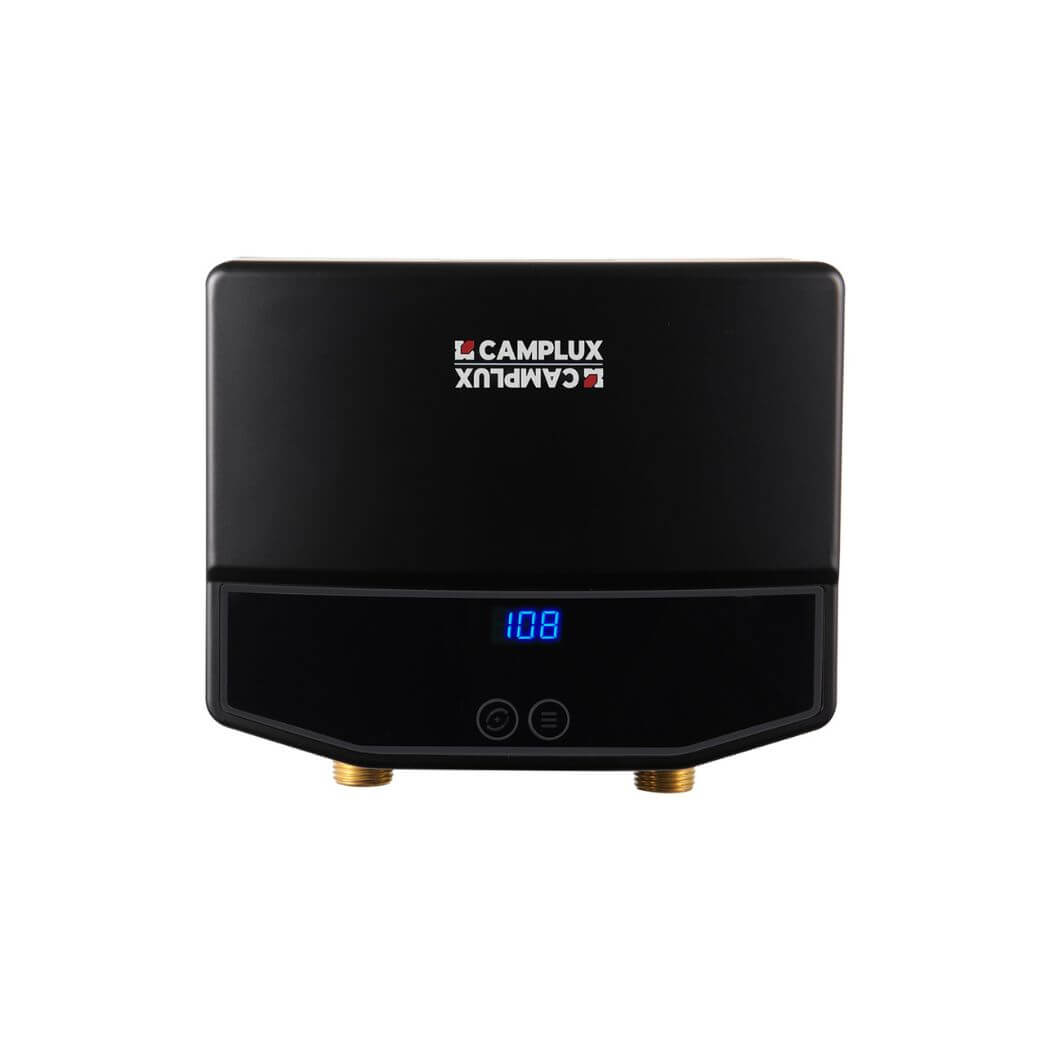
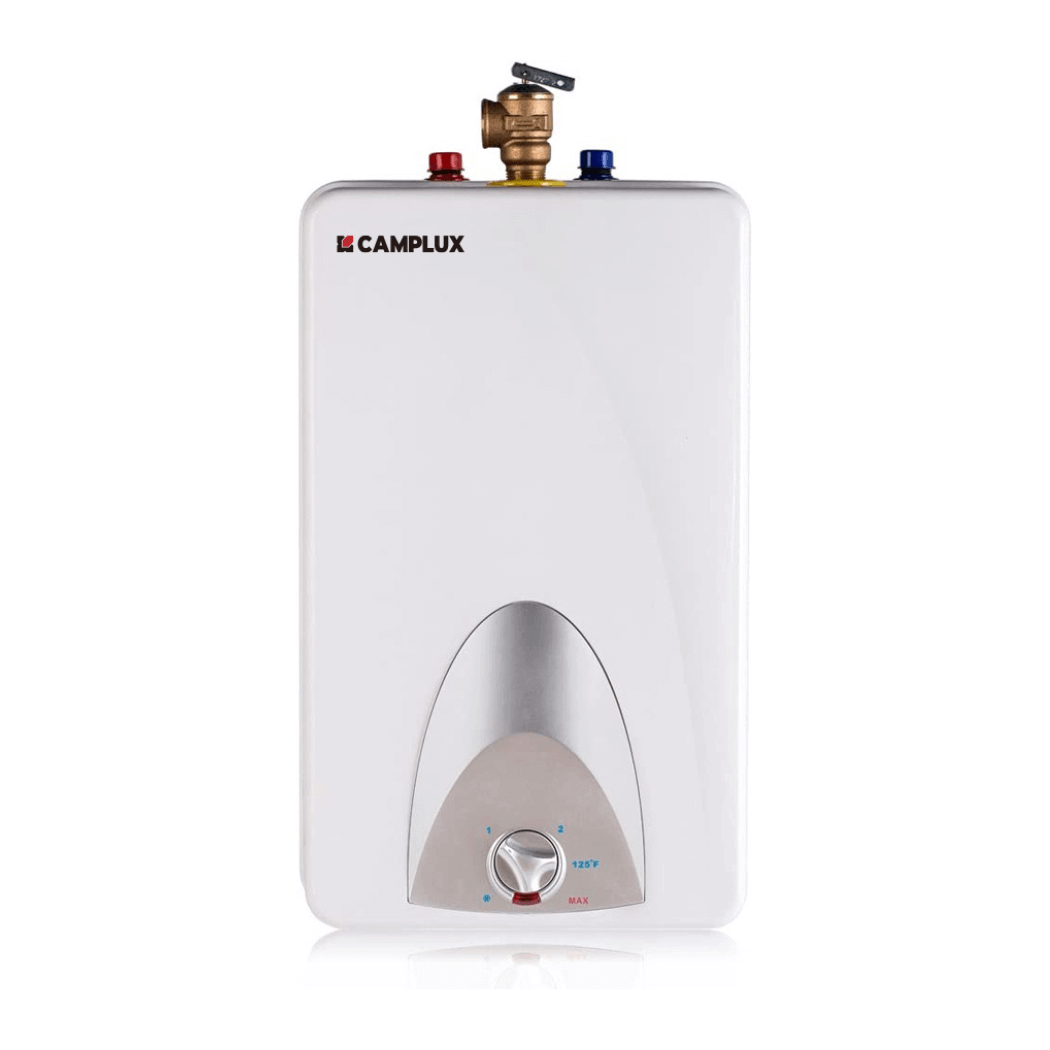
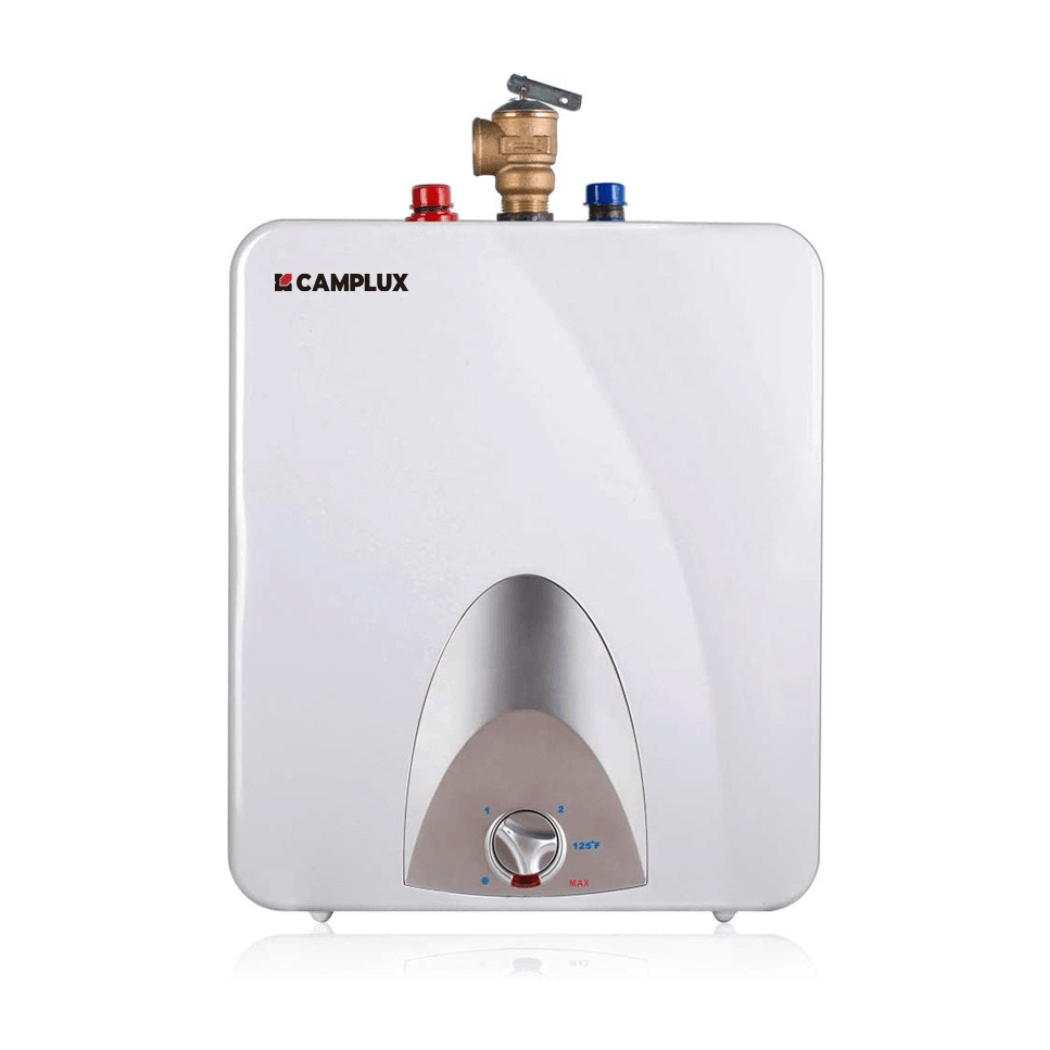
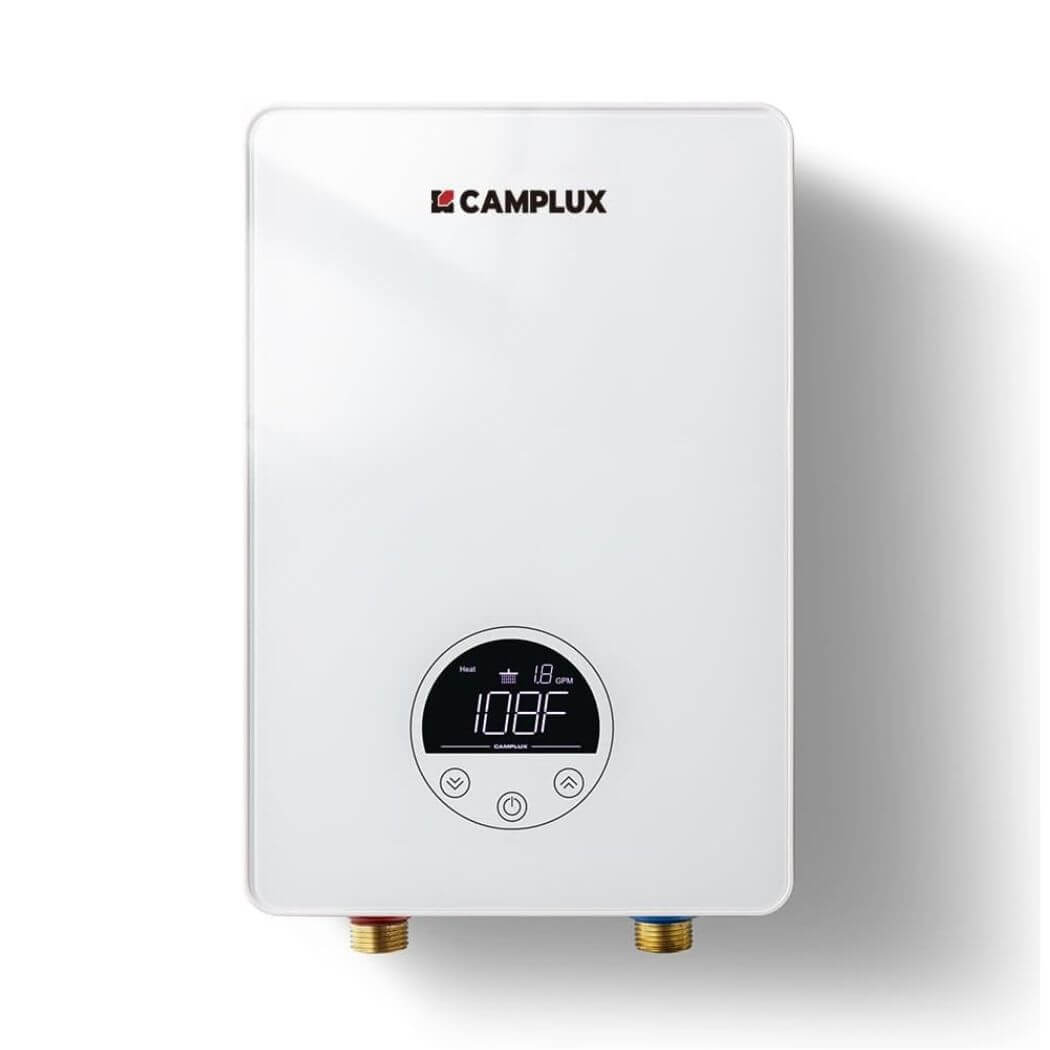
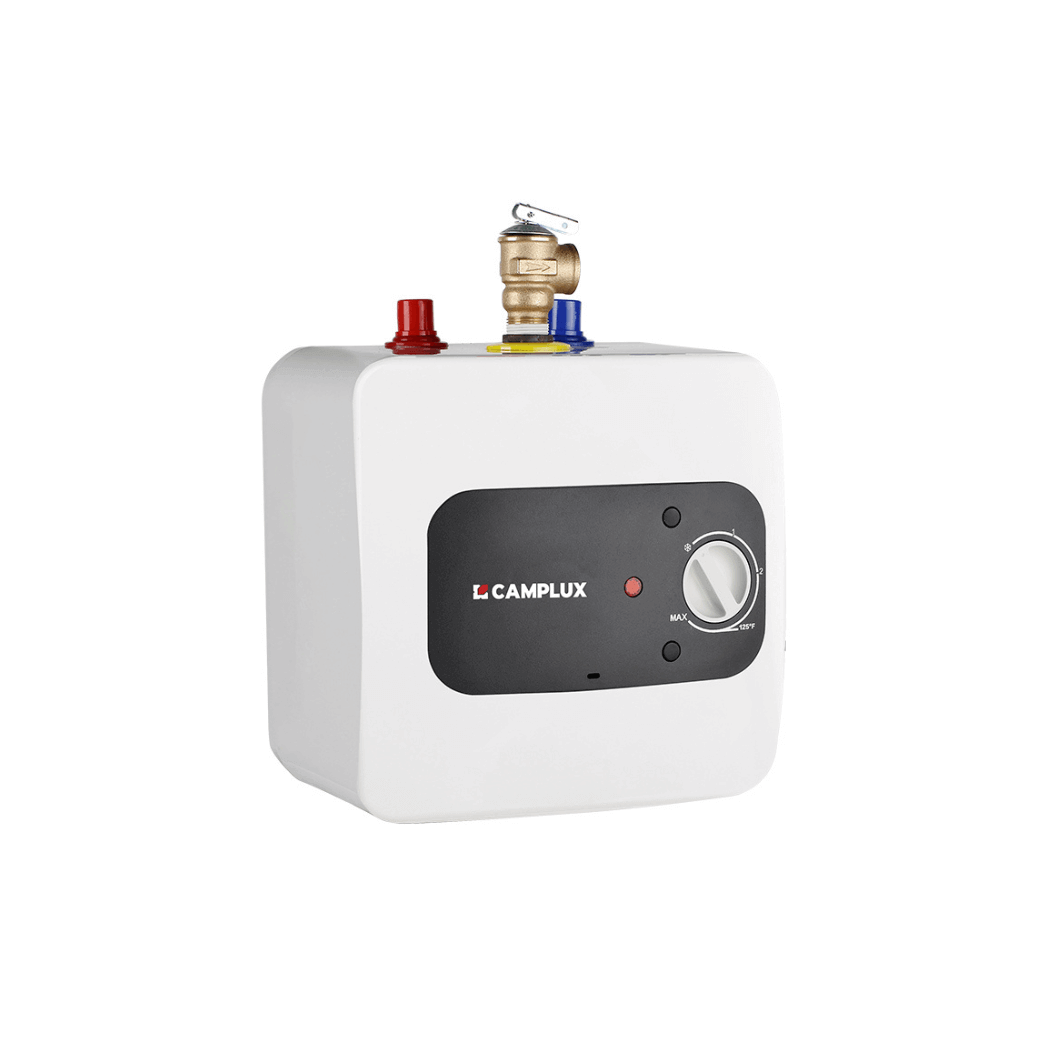
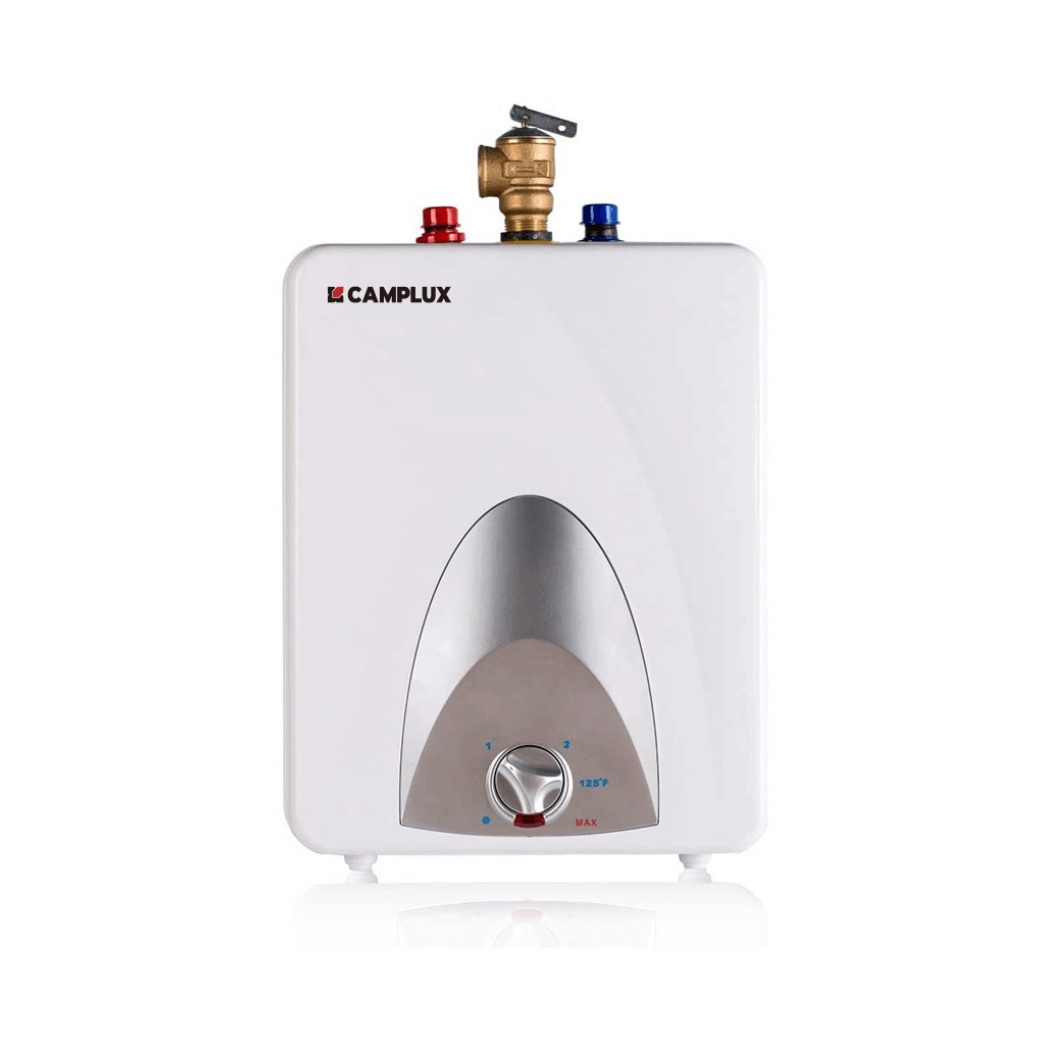
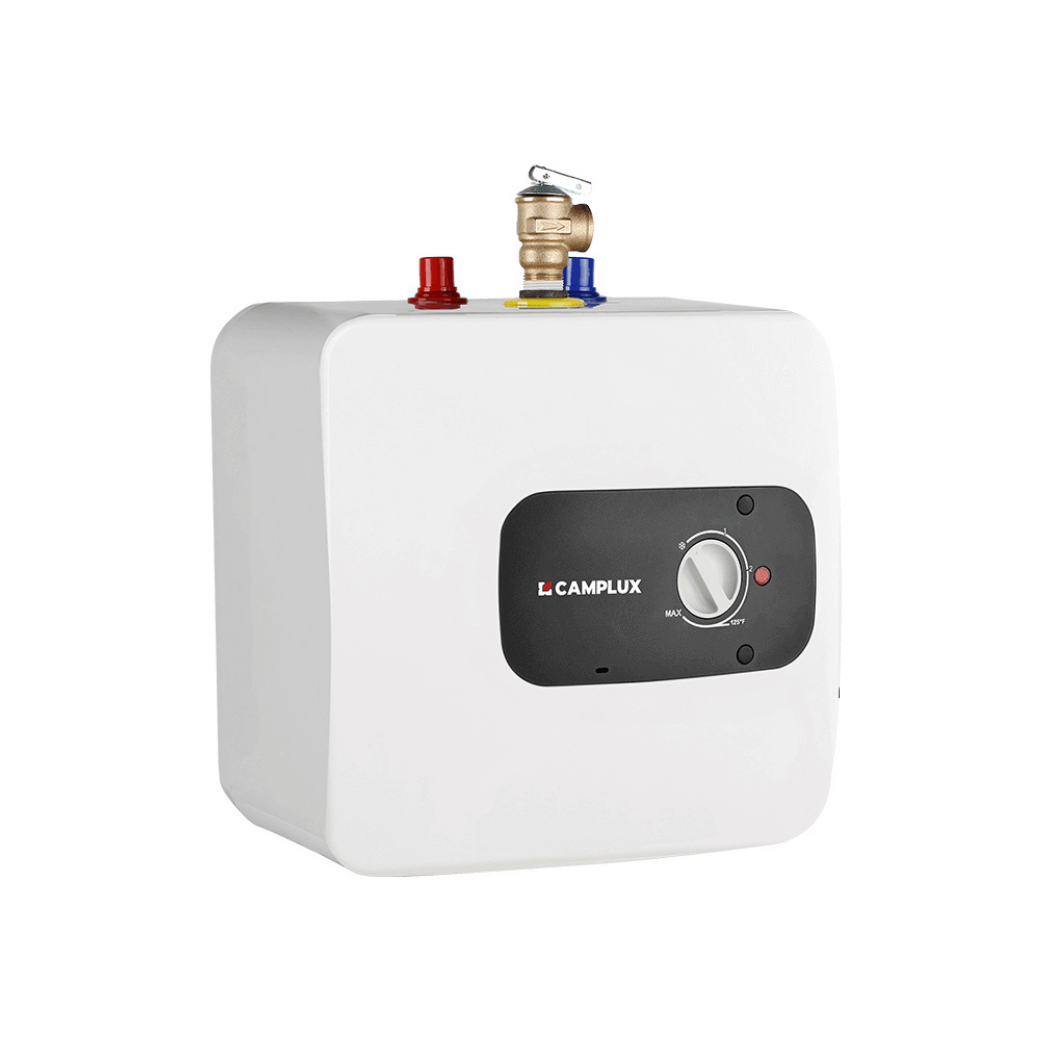
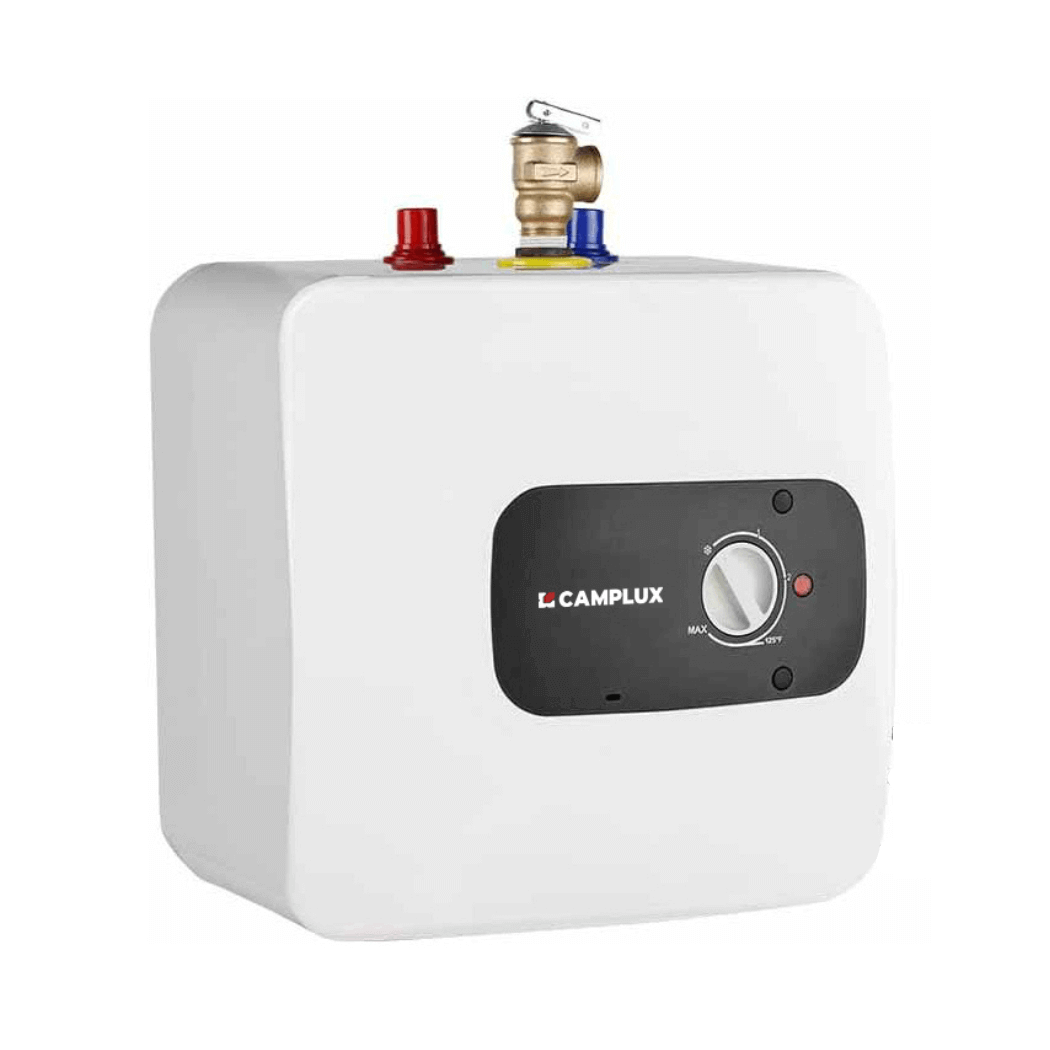
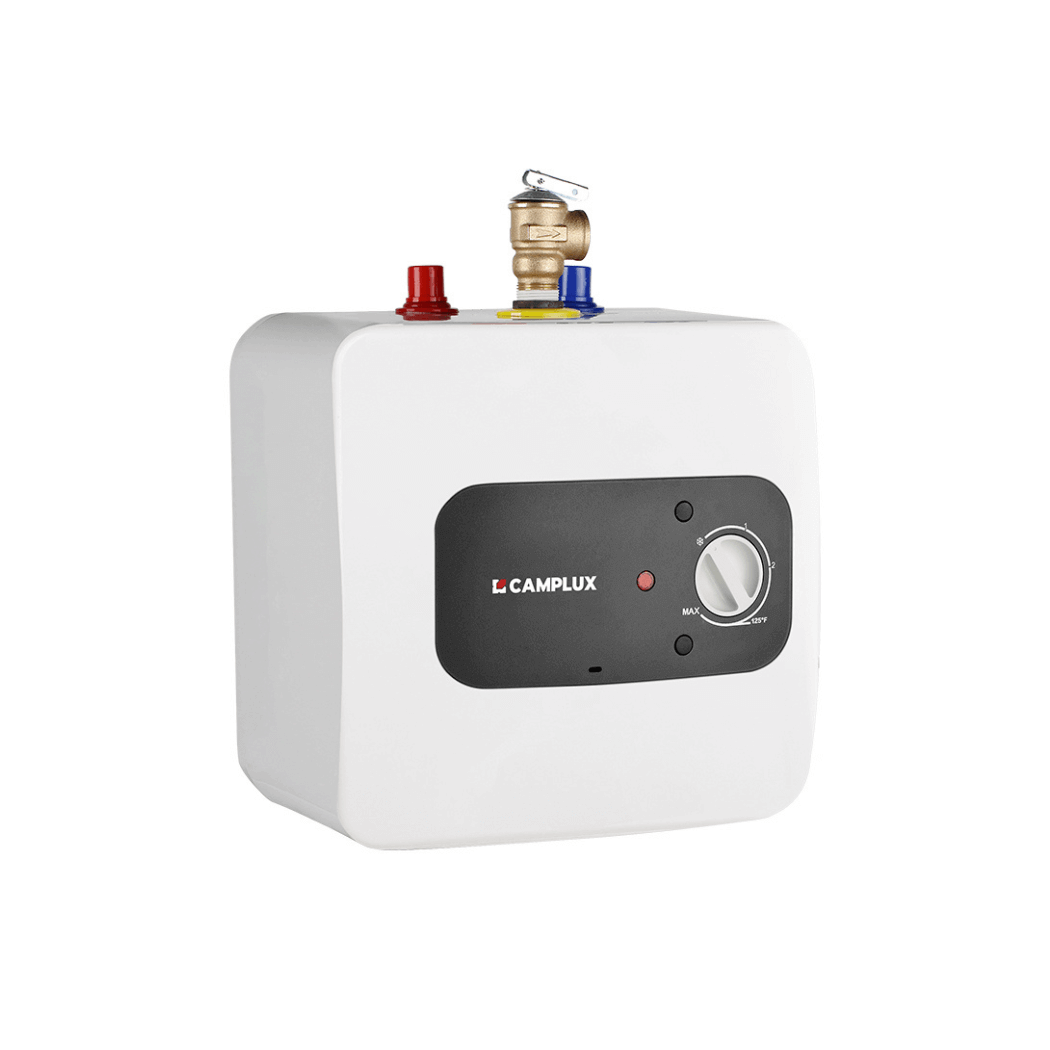
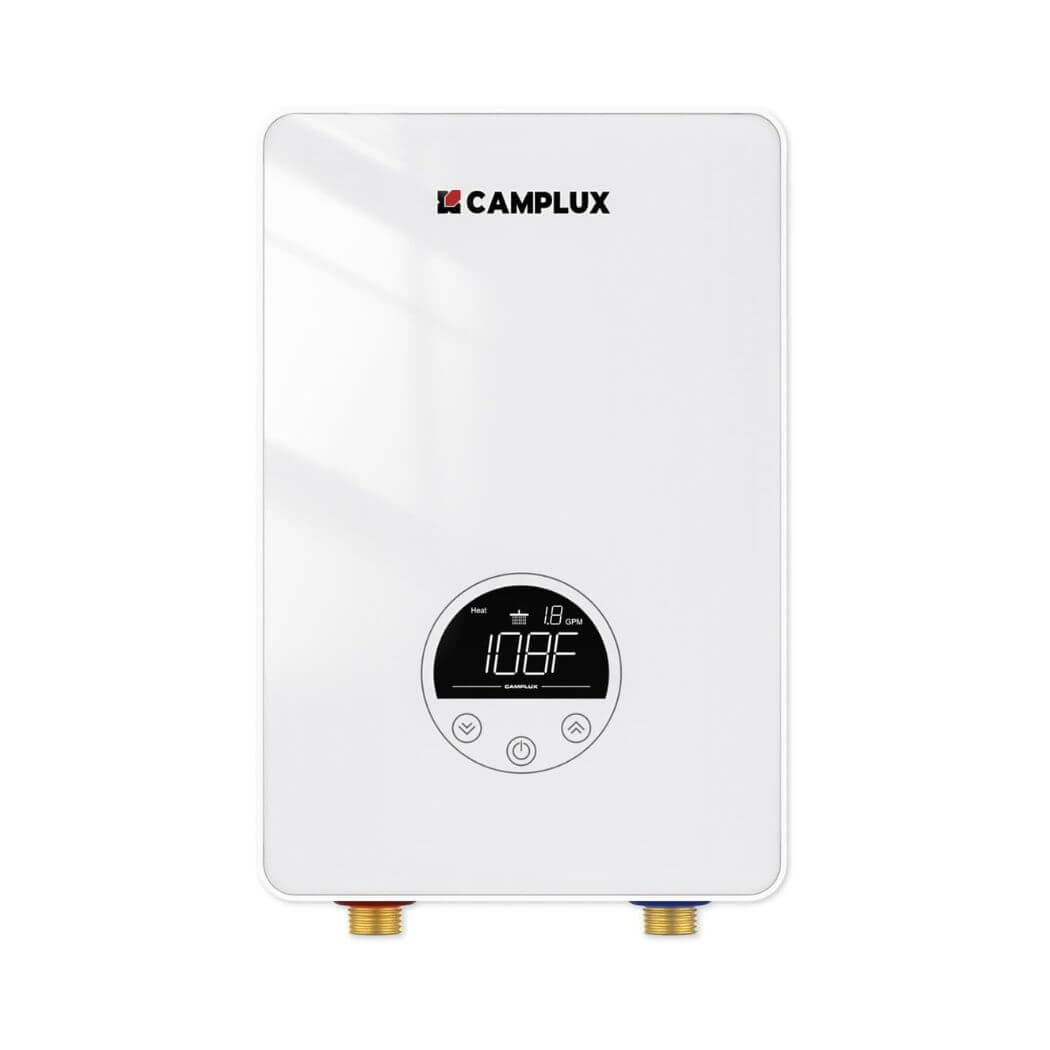
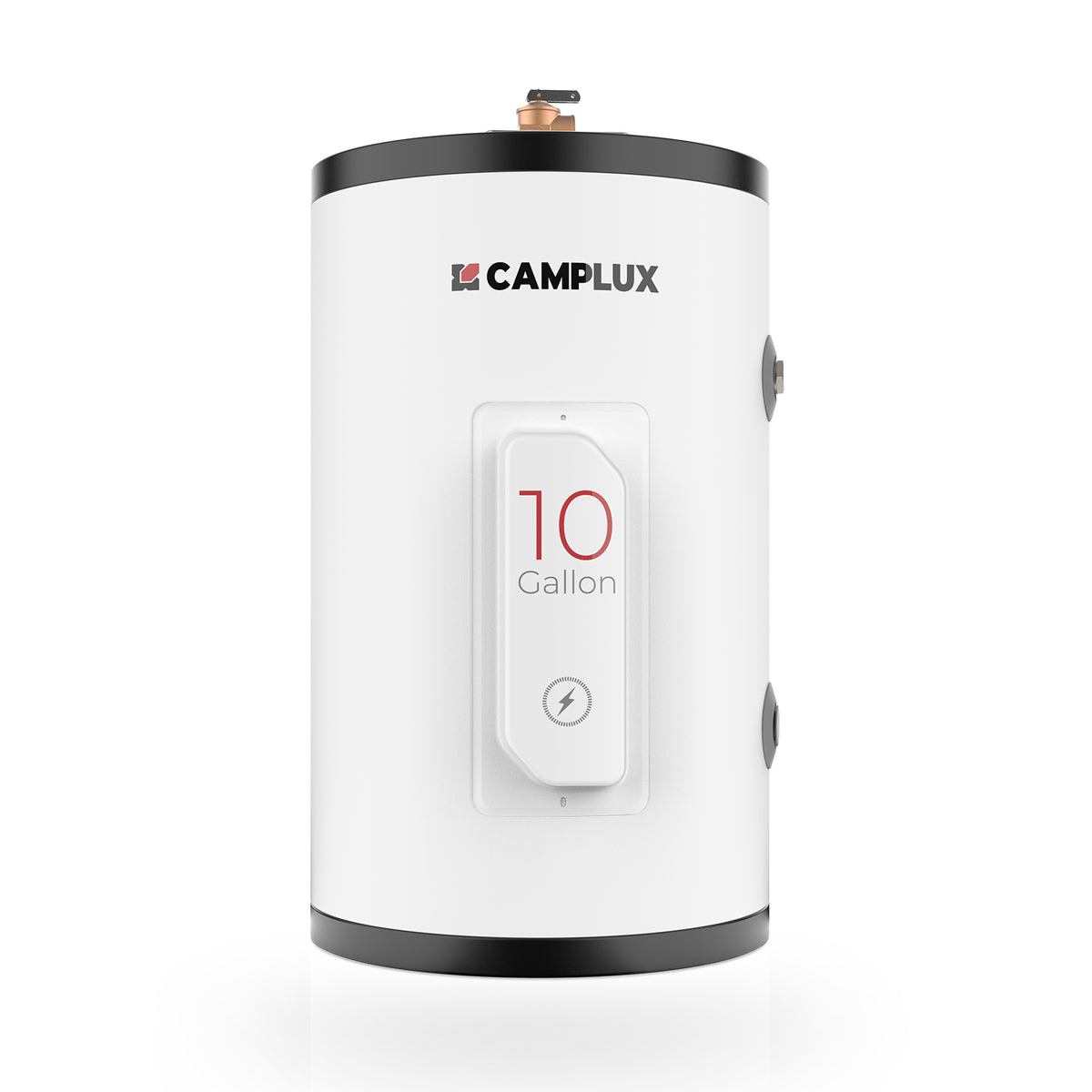
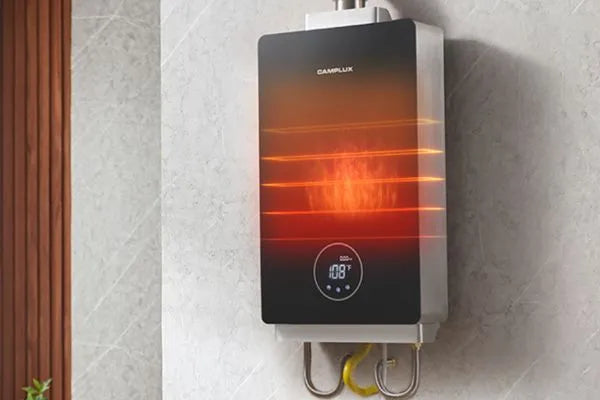
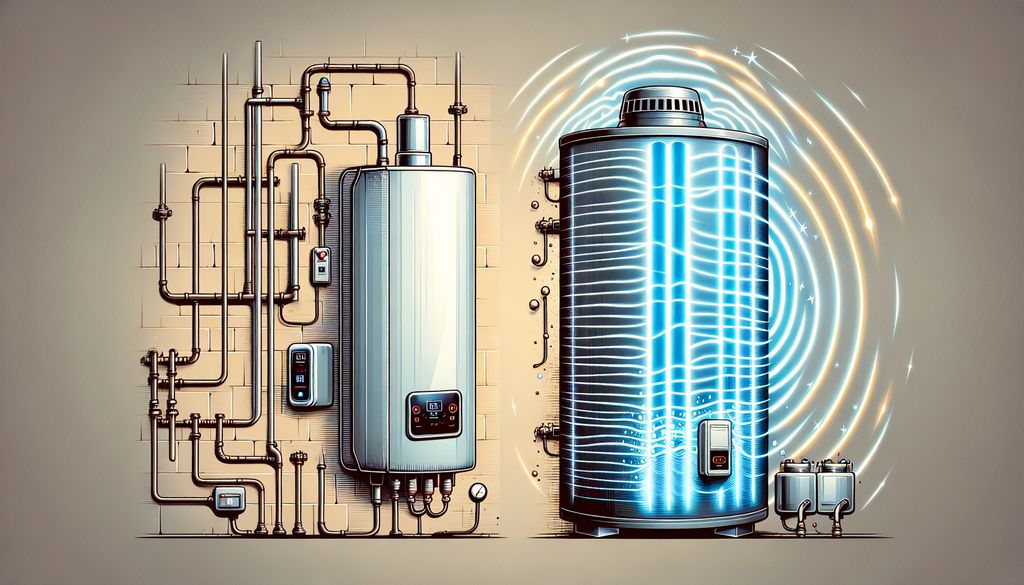
1 comment
Brian
This article was pretty much useless. Lots of words, repeating of info, basic common sense stuff. This was aimed at educating noobs about tankless heaters in general. No real data or info on how to choose between point of use and whole house, which was the title of this article.
This article was pretty much useless. Lots of words, repeating of info, basic common sense stuff. This was aimed at educating noobs about tankless heaters in general. No real data or info on how to choose between point of use and whole house, which was the title of this article.